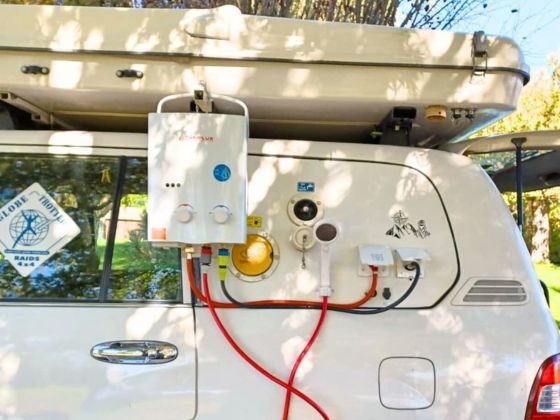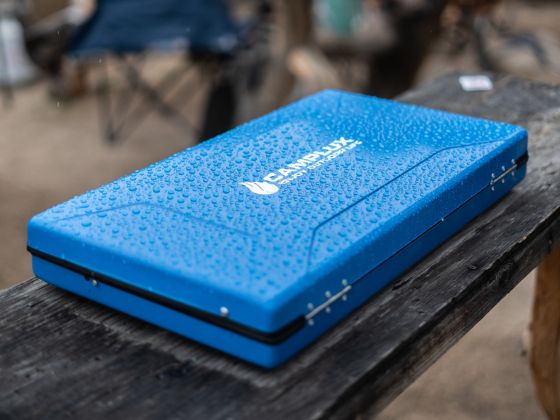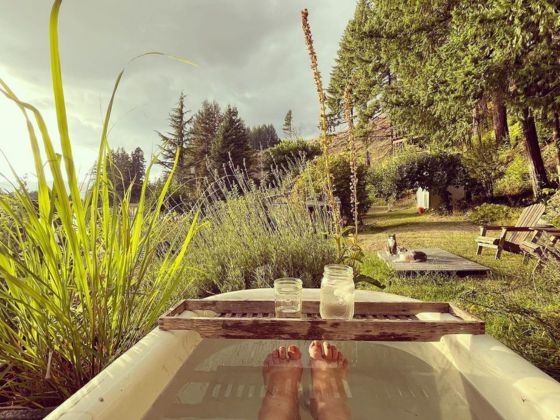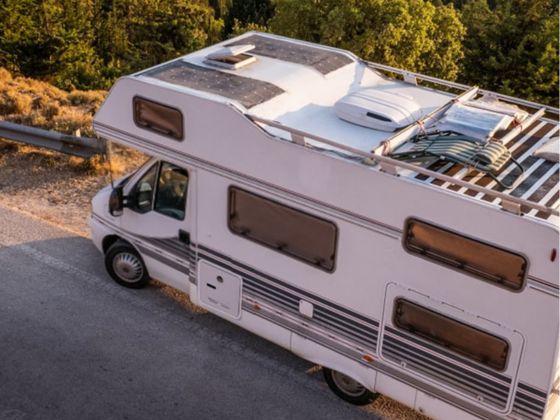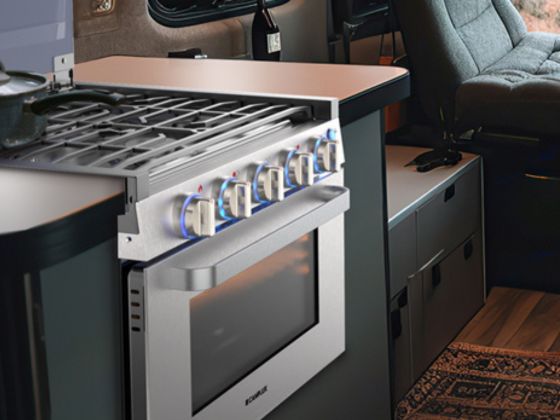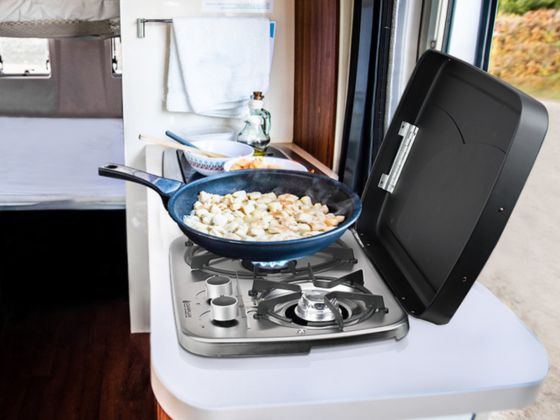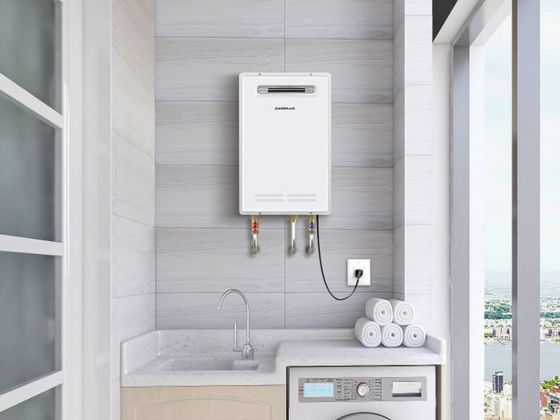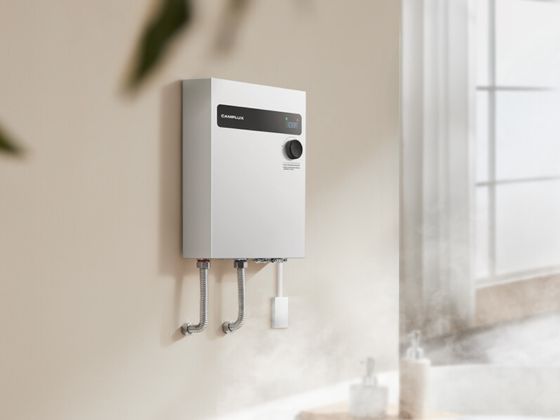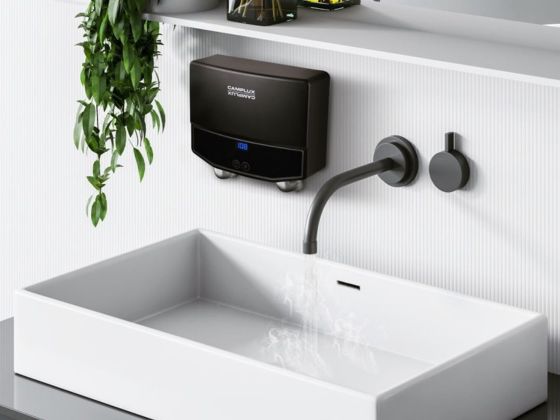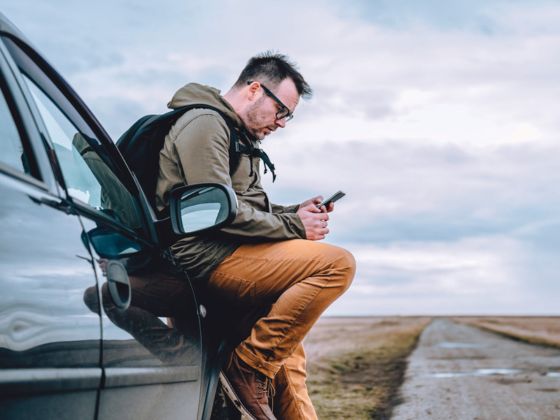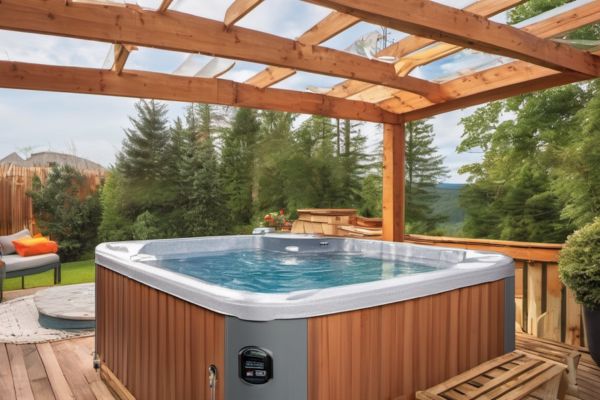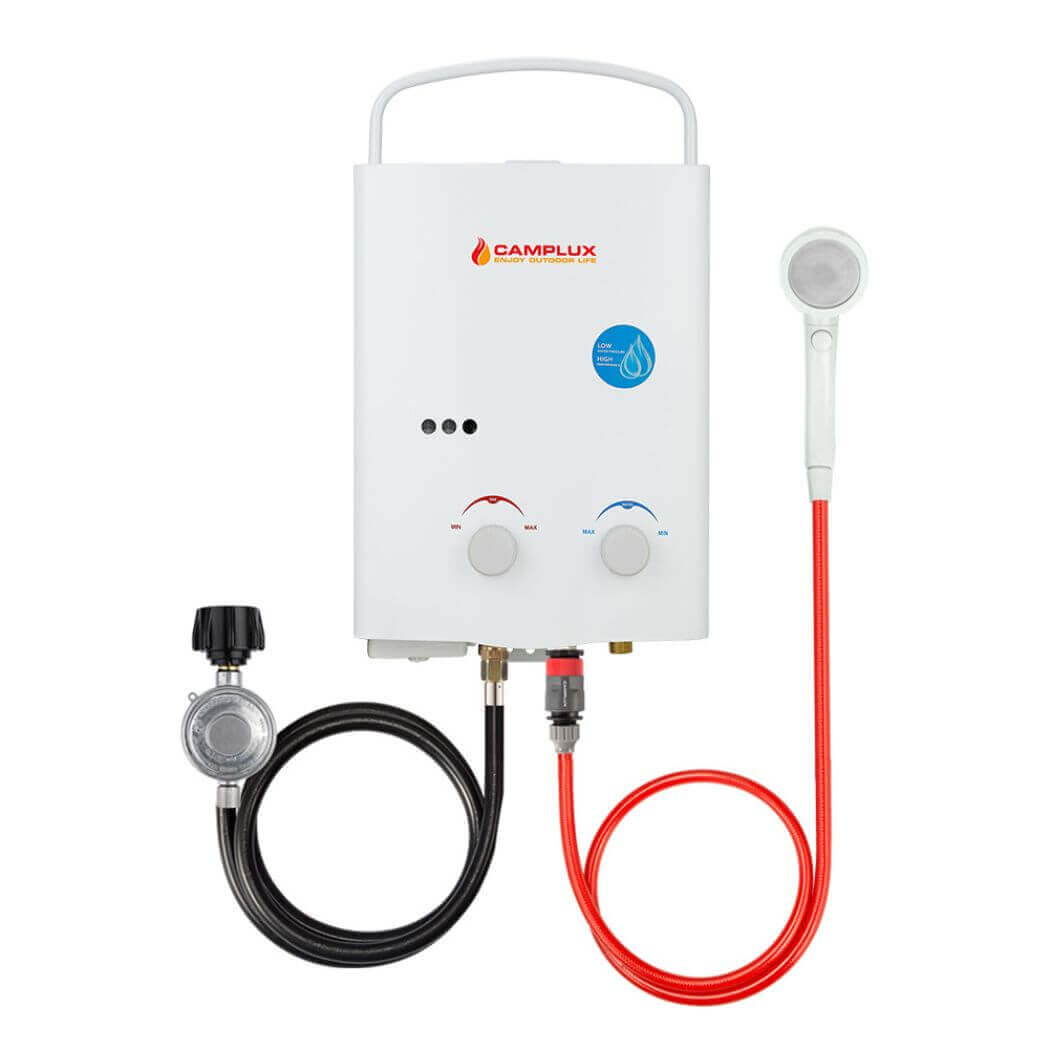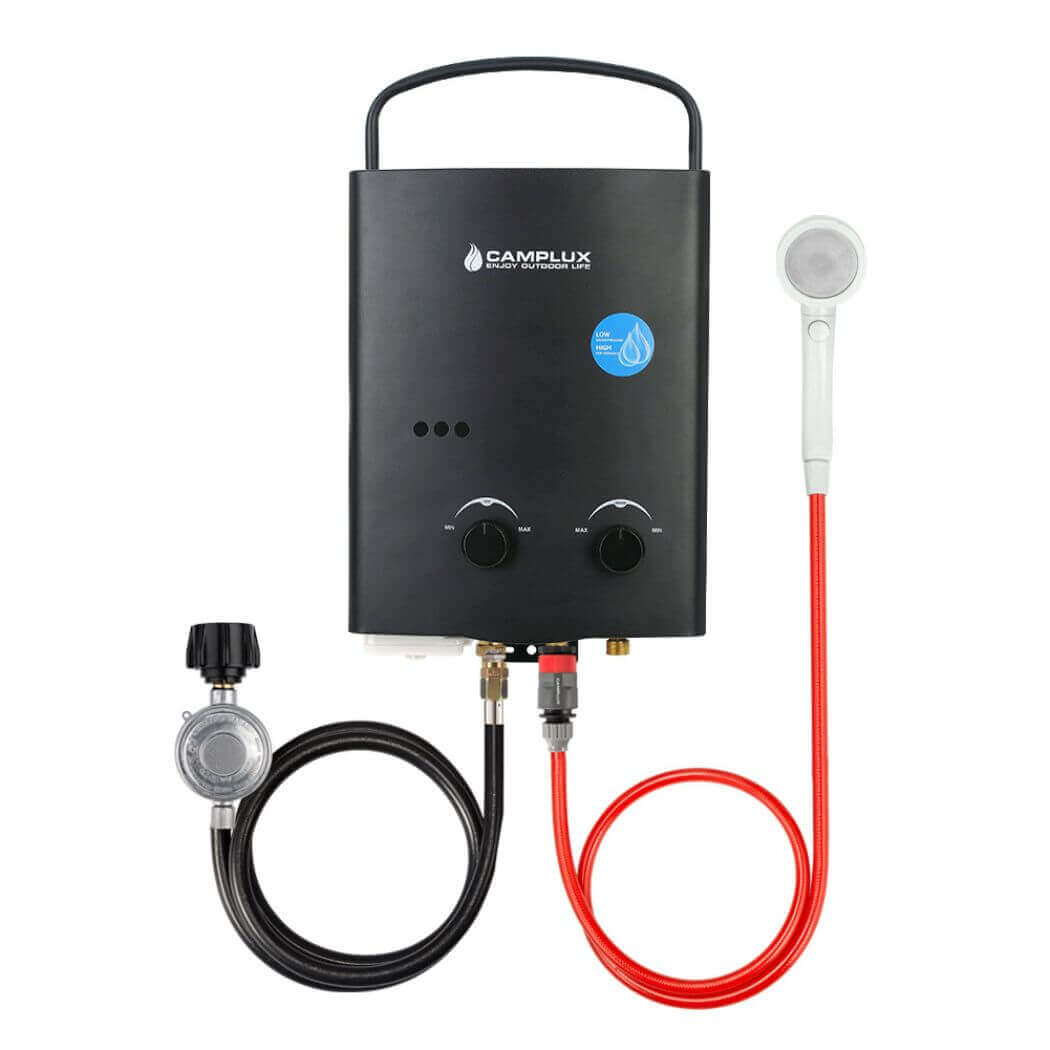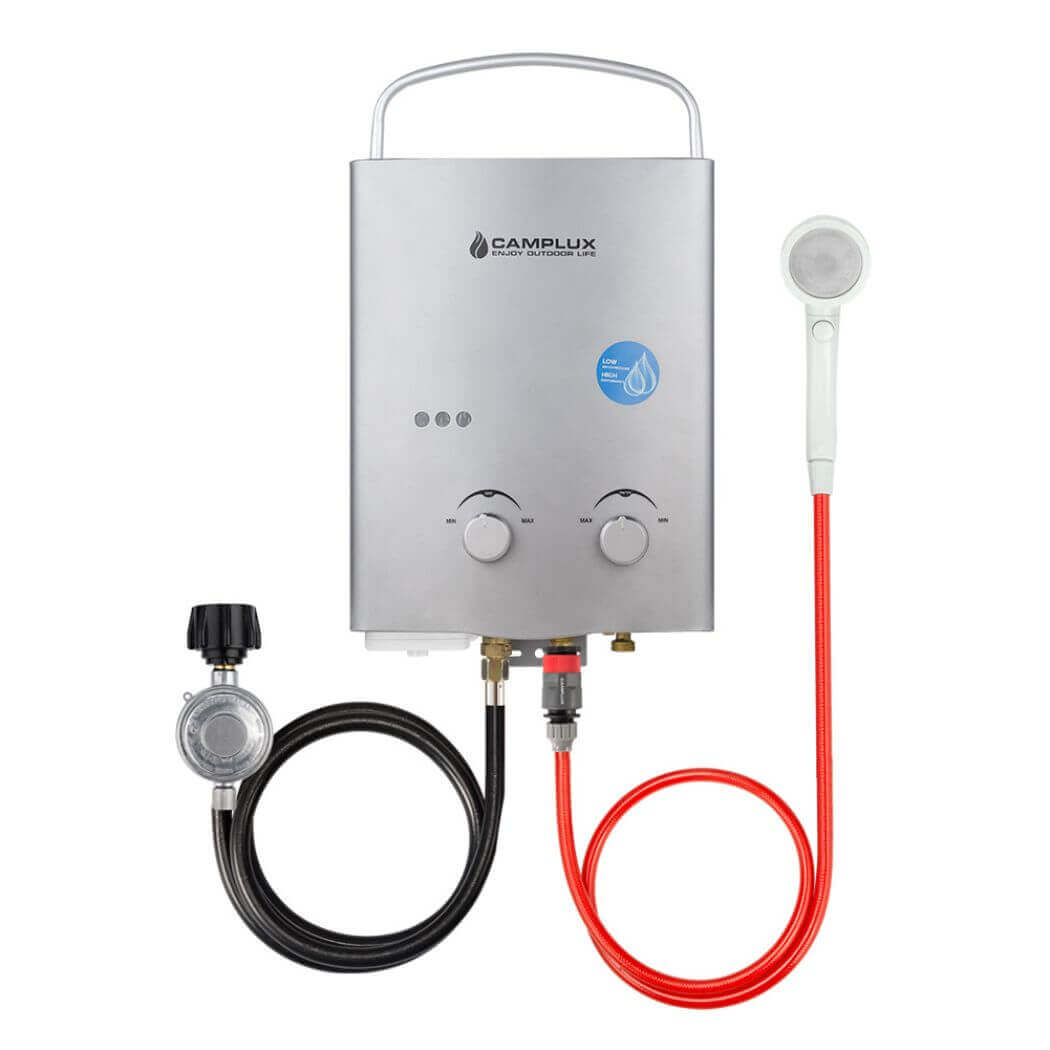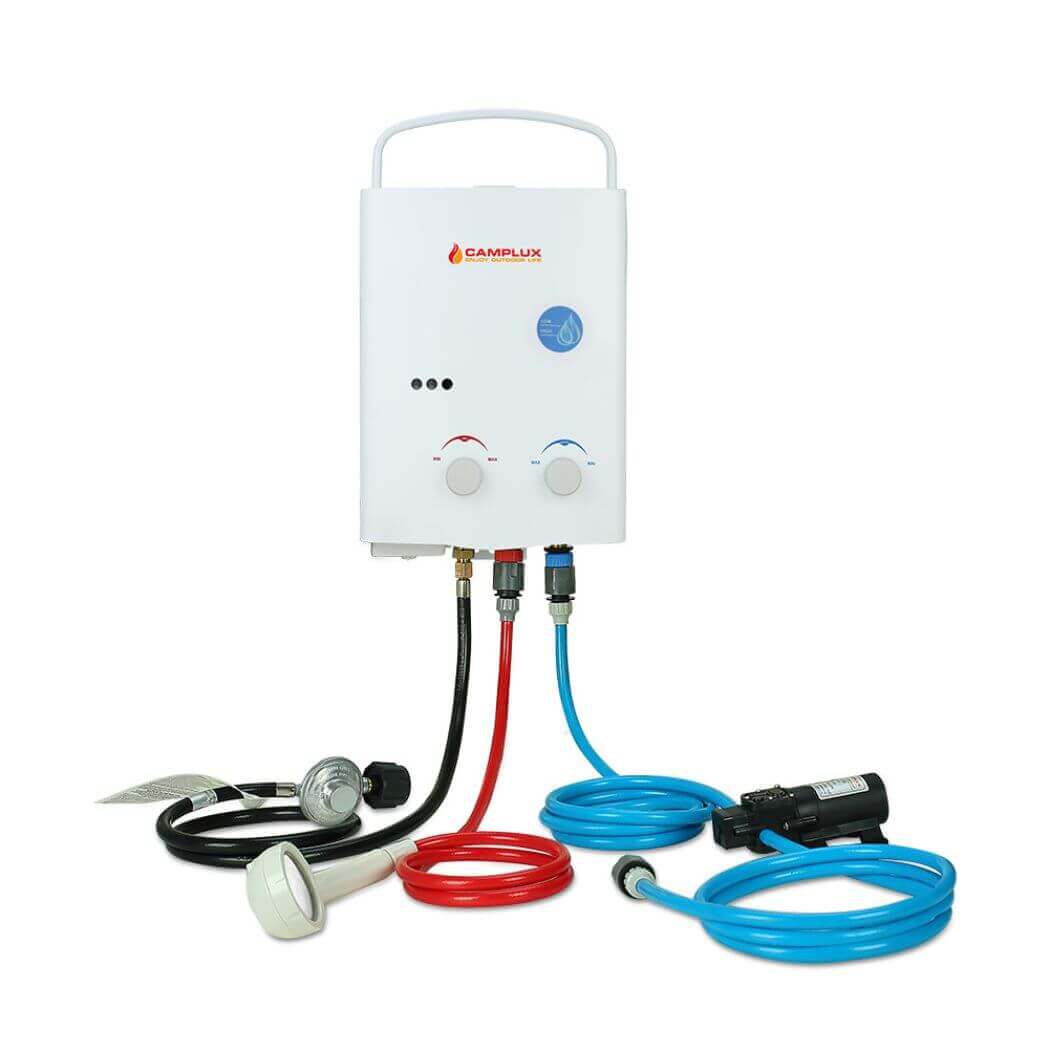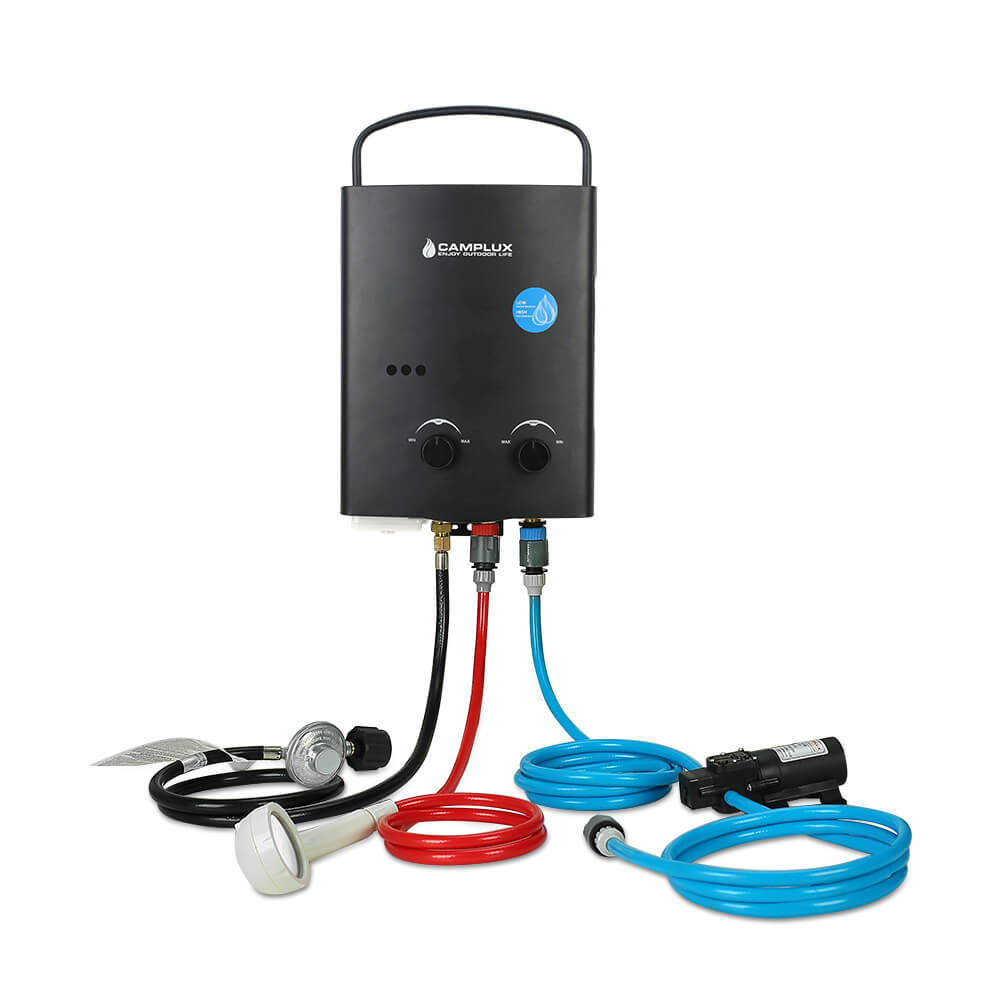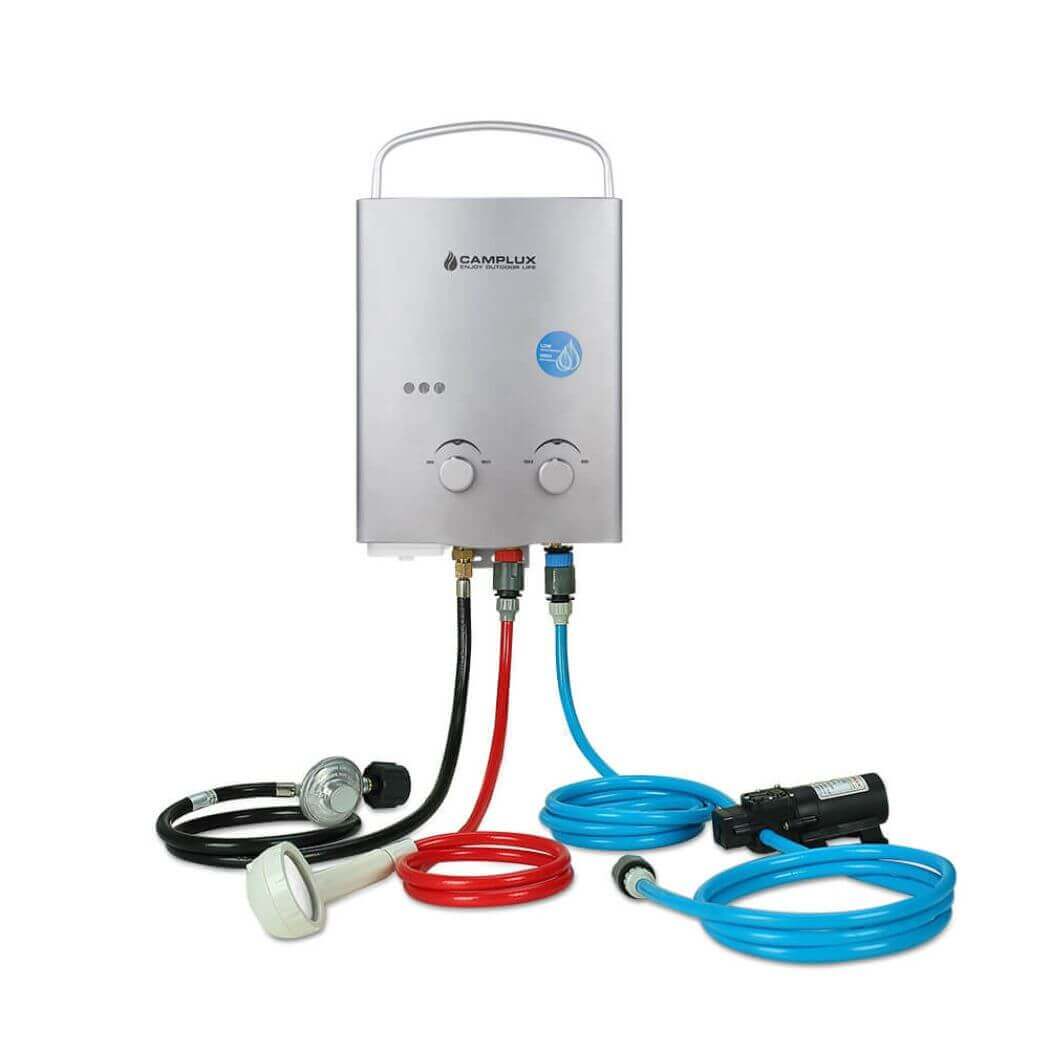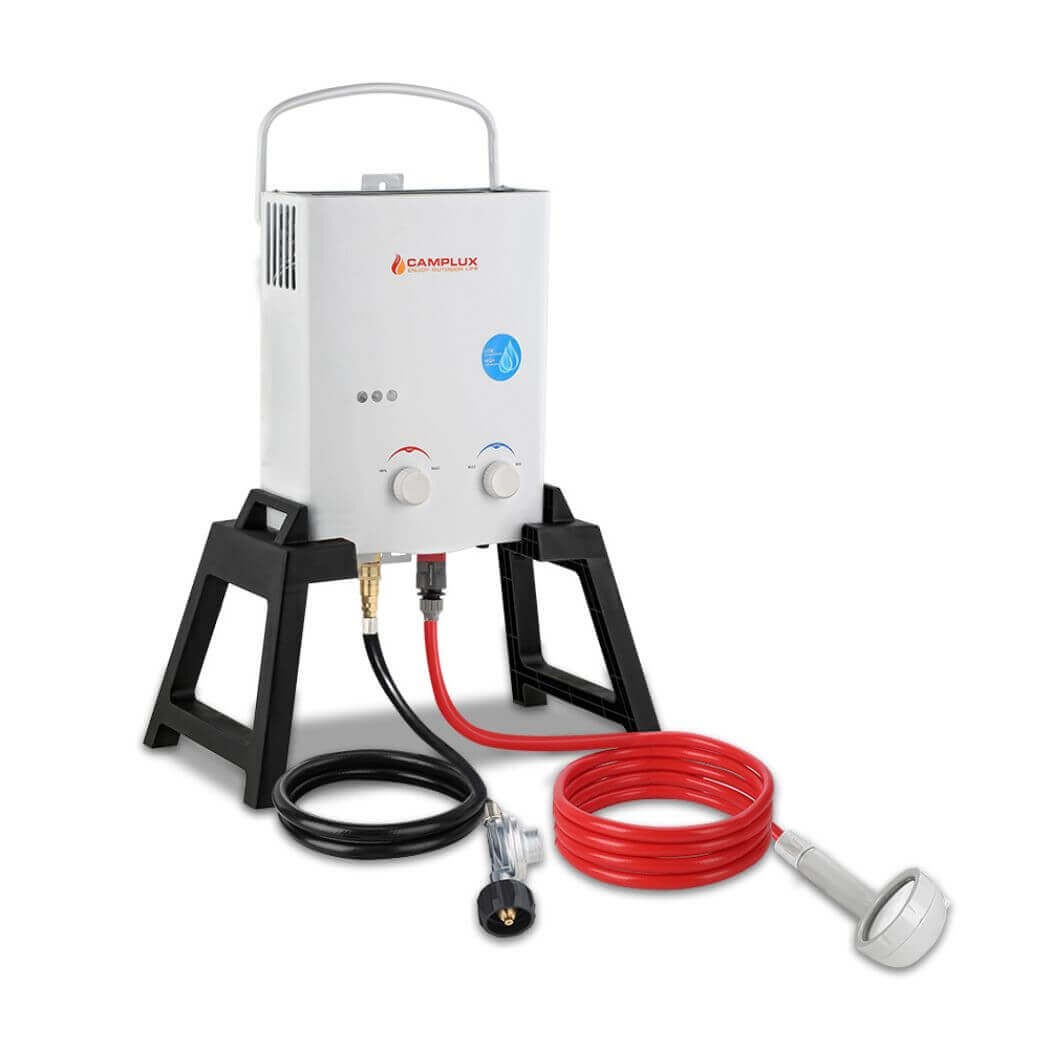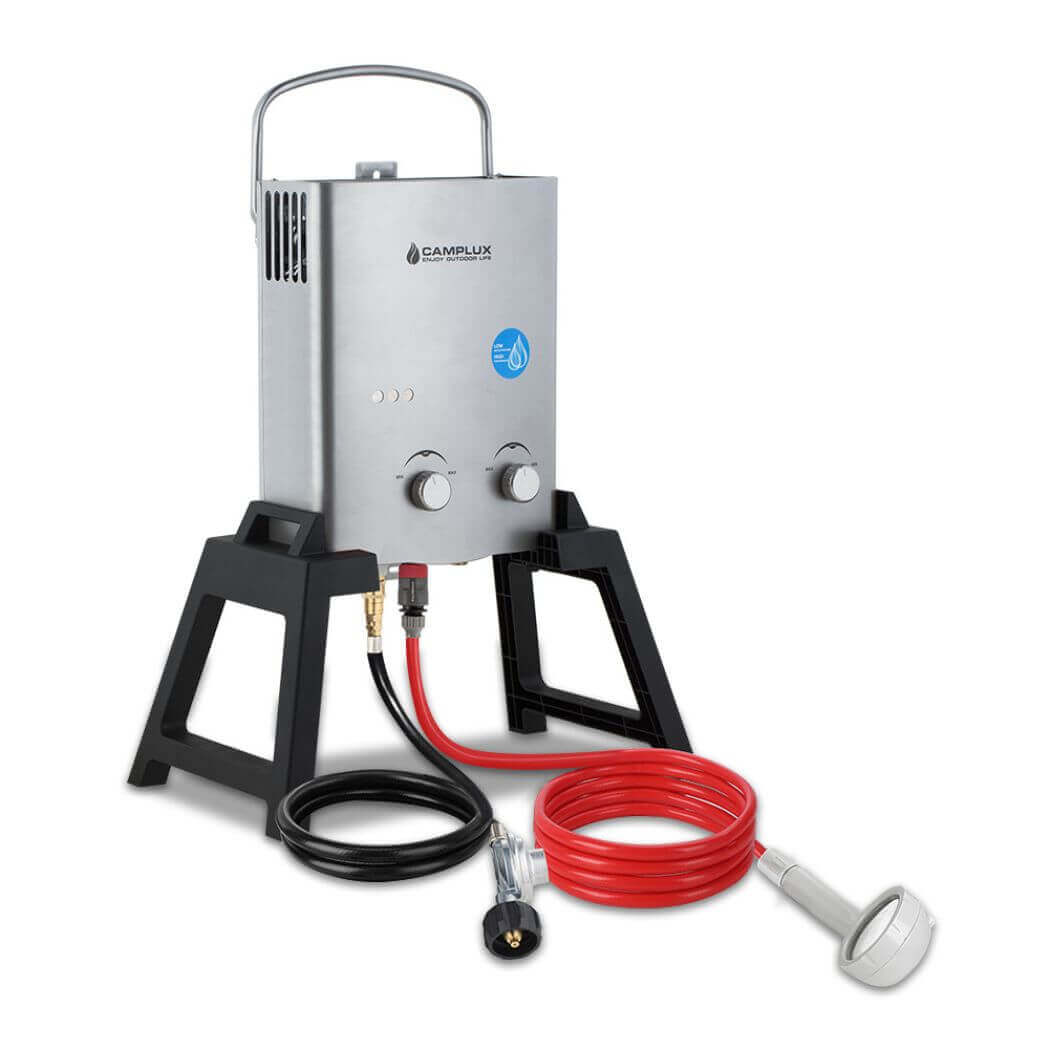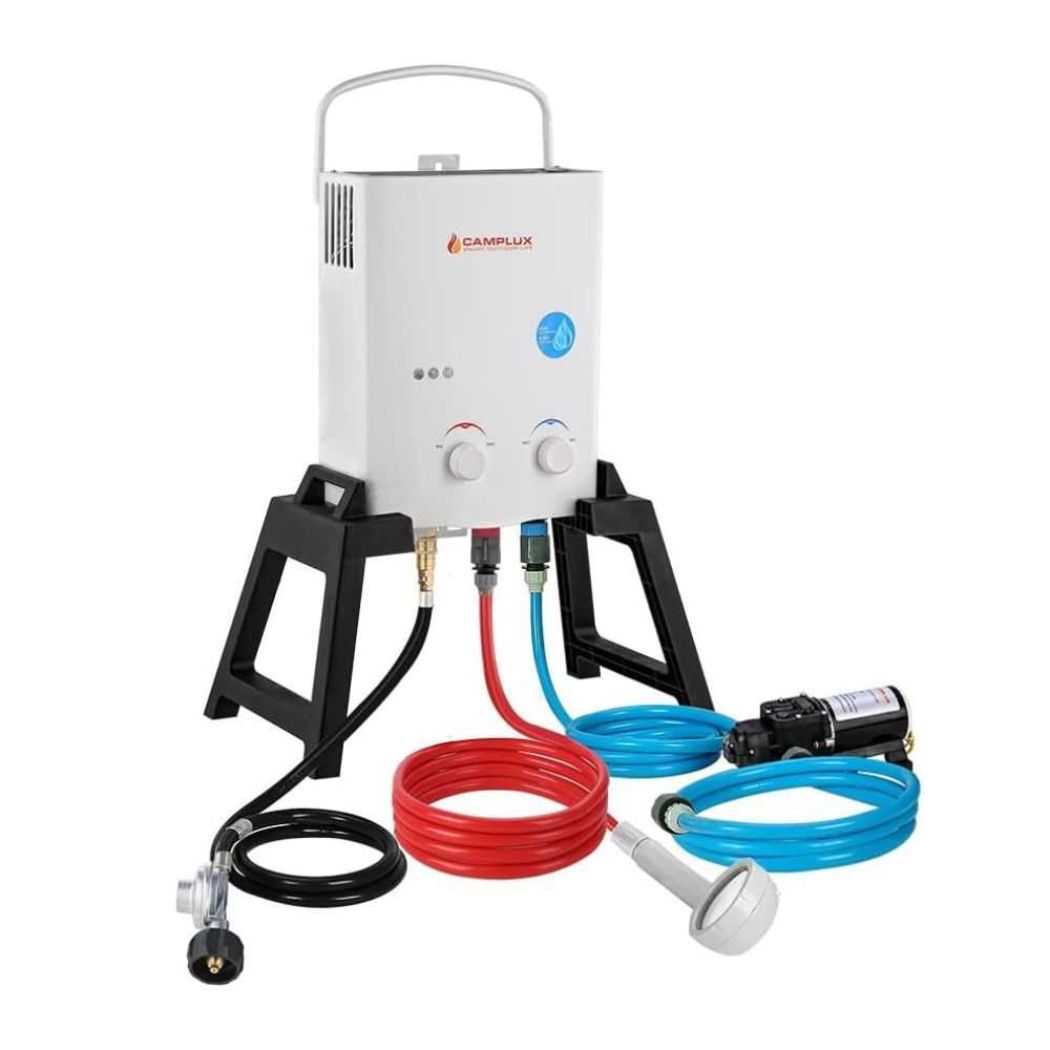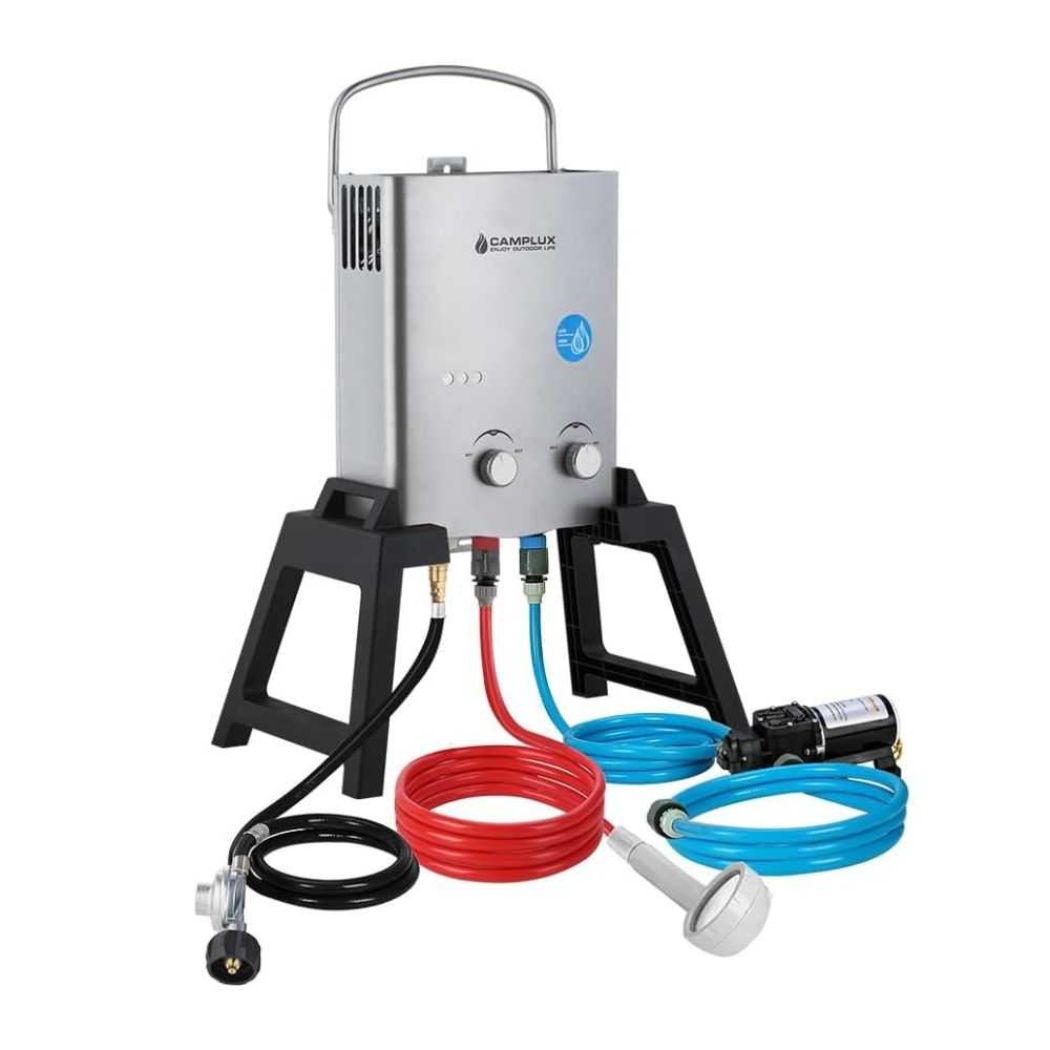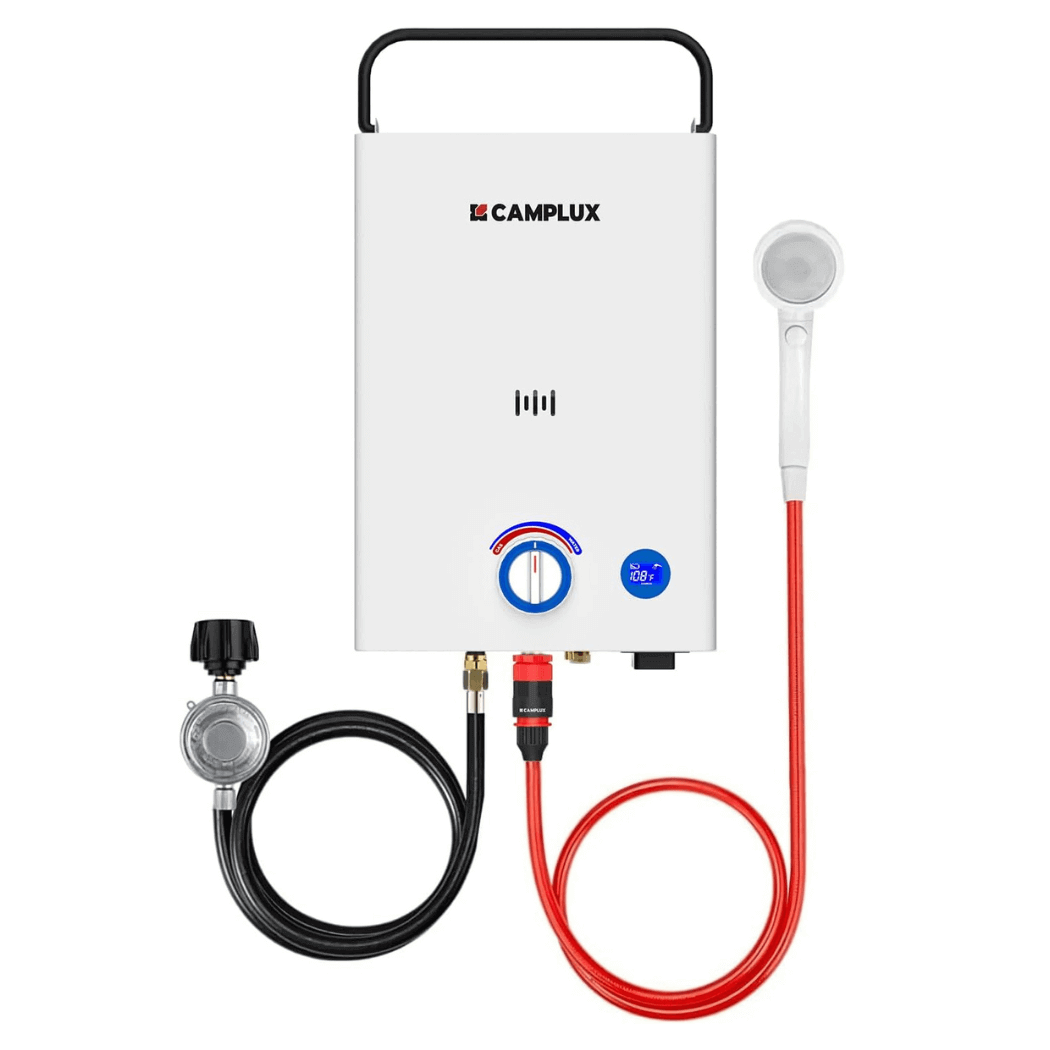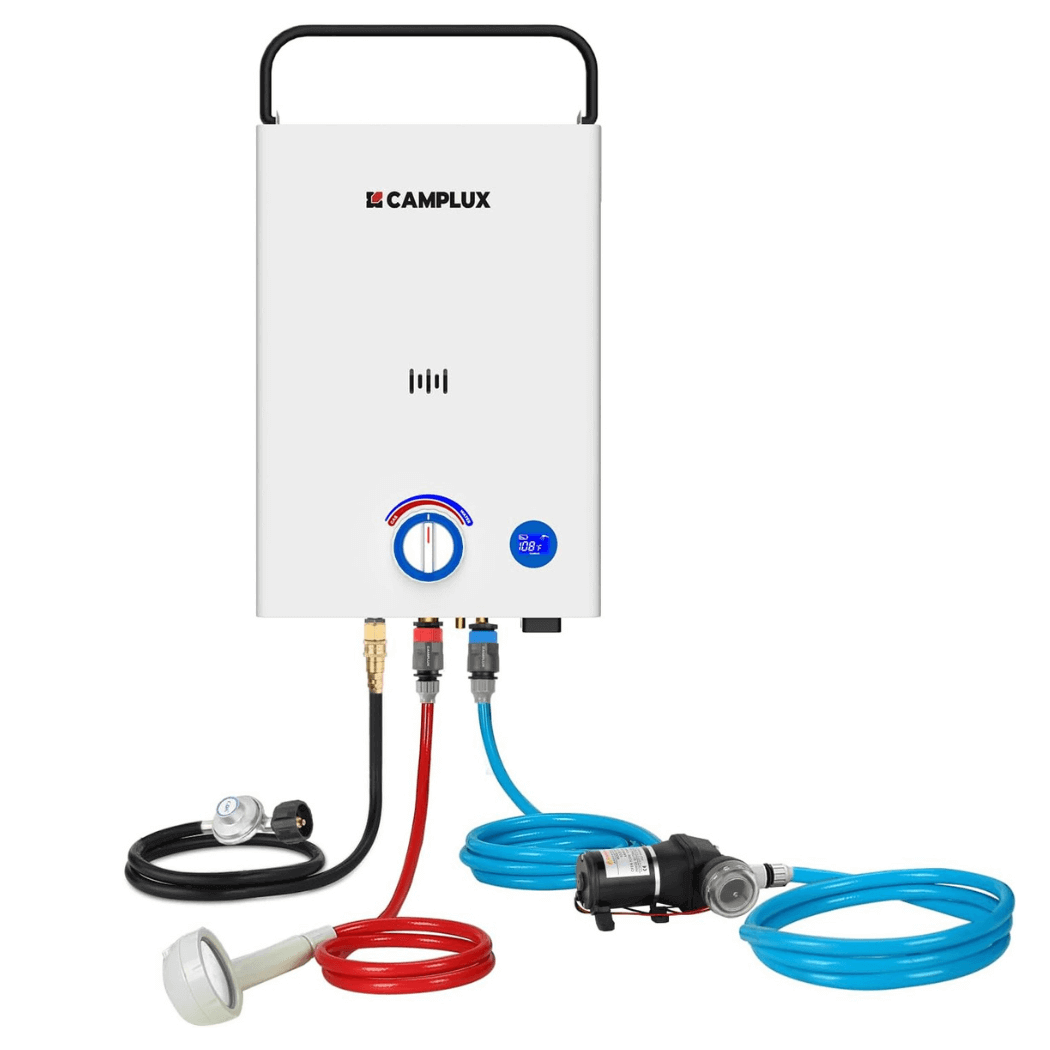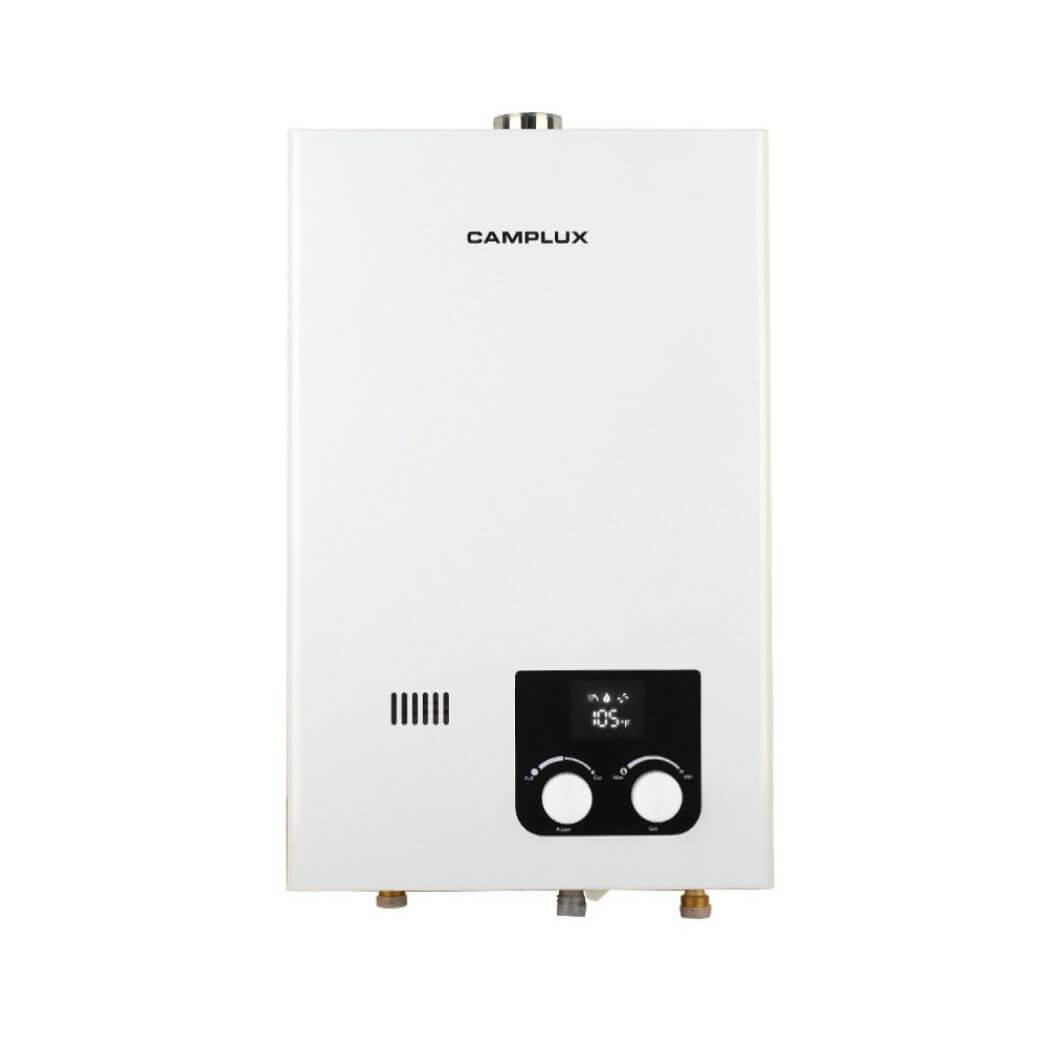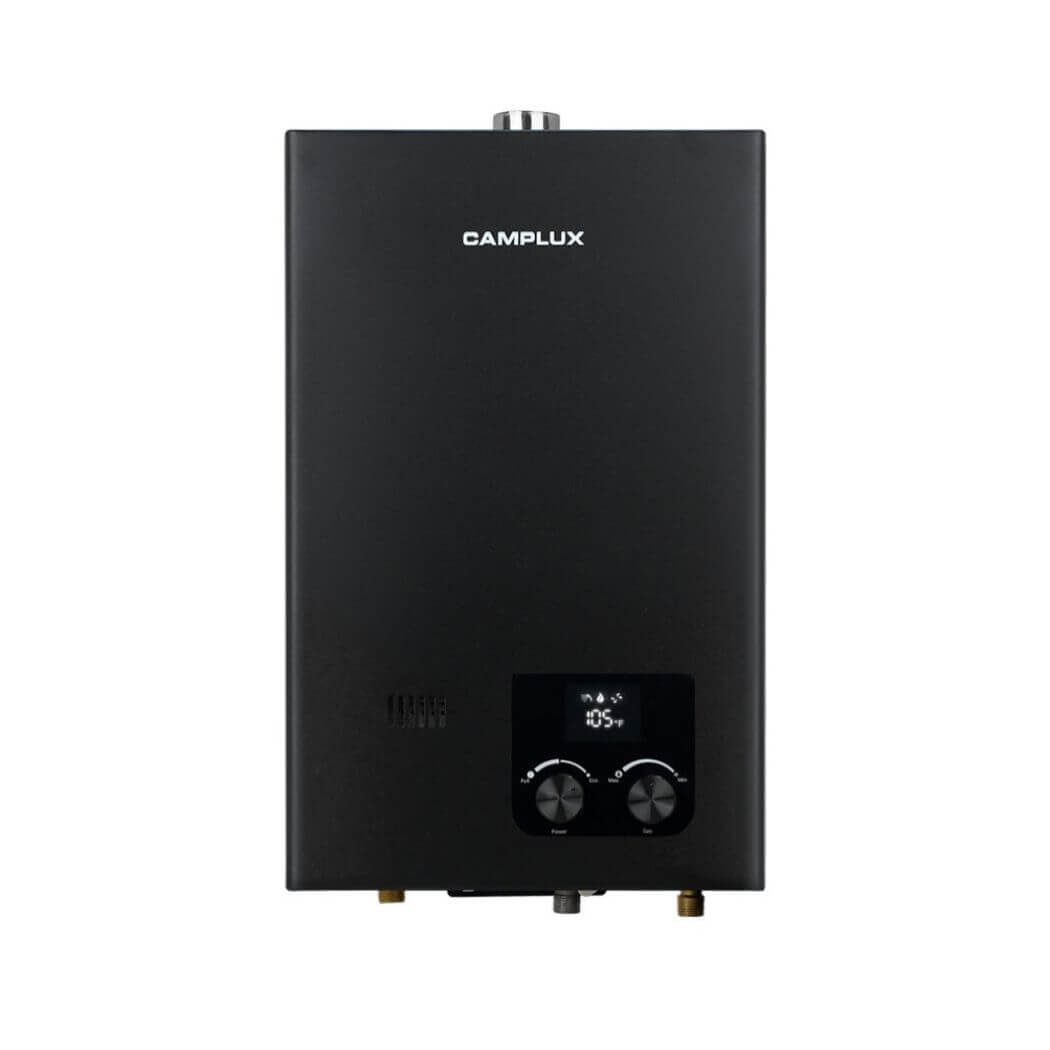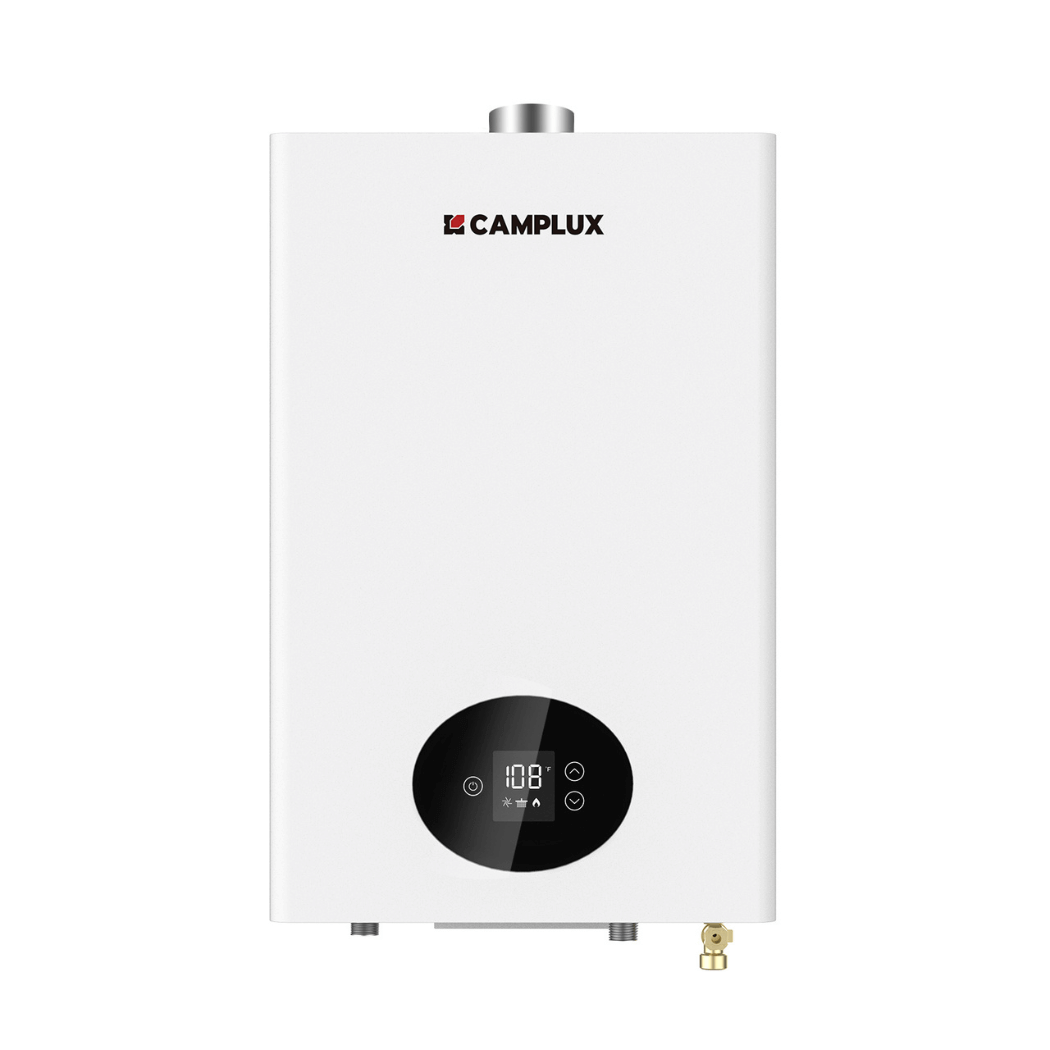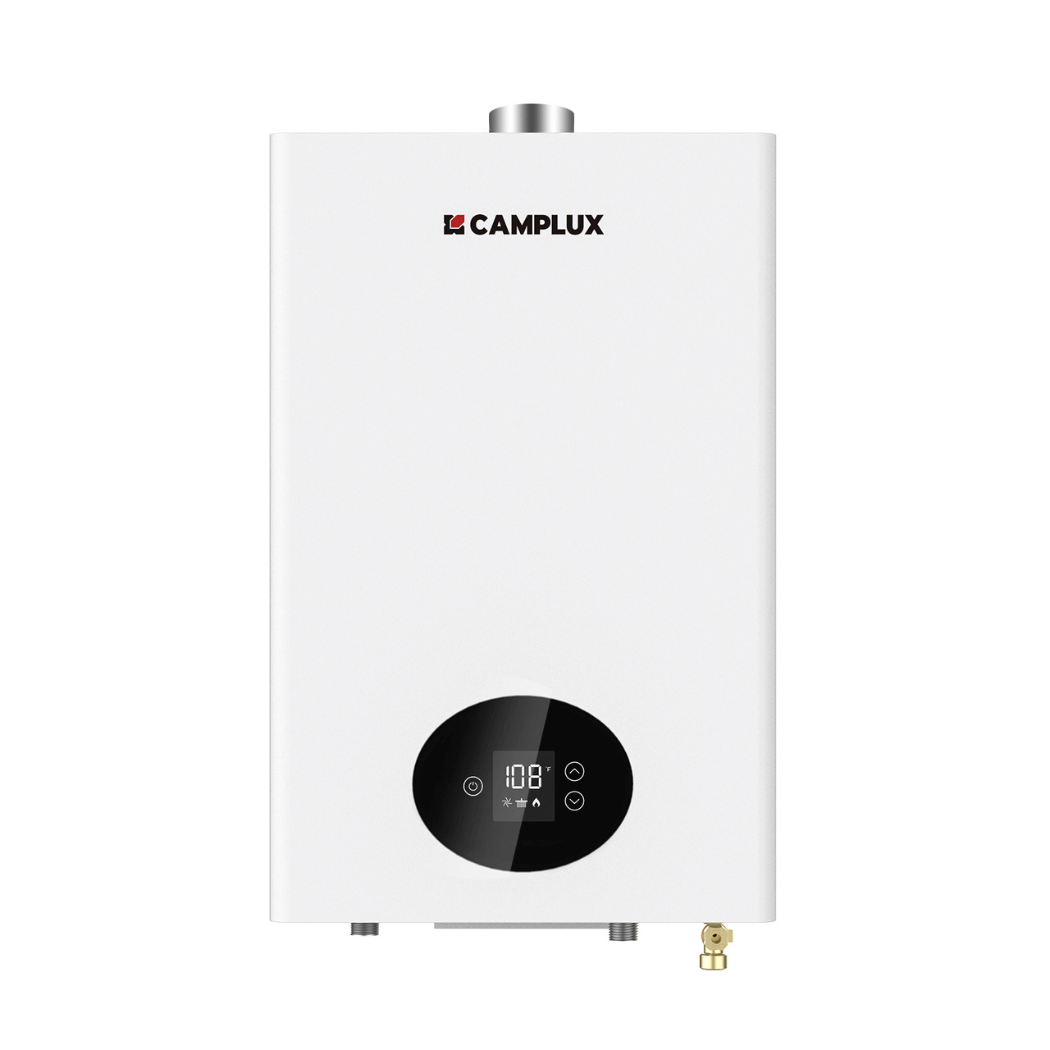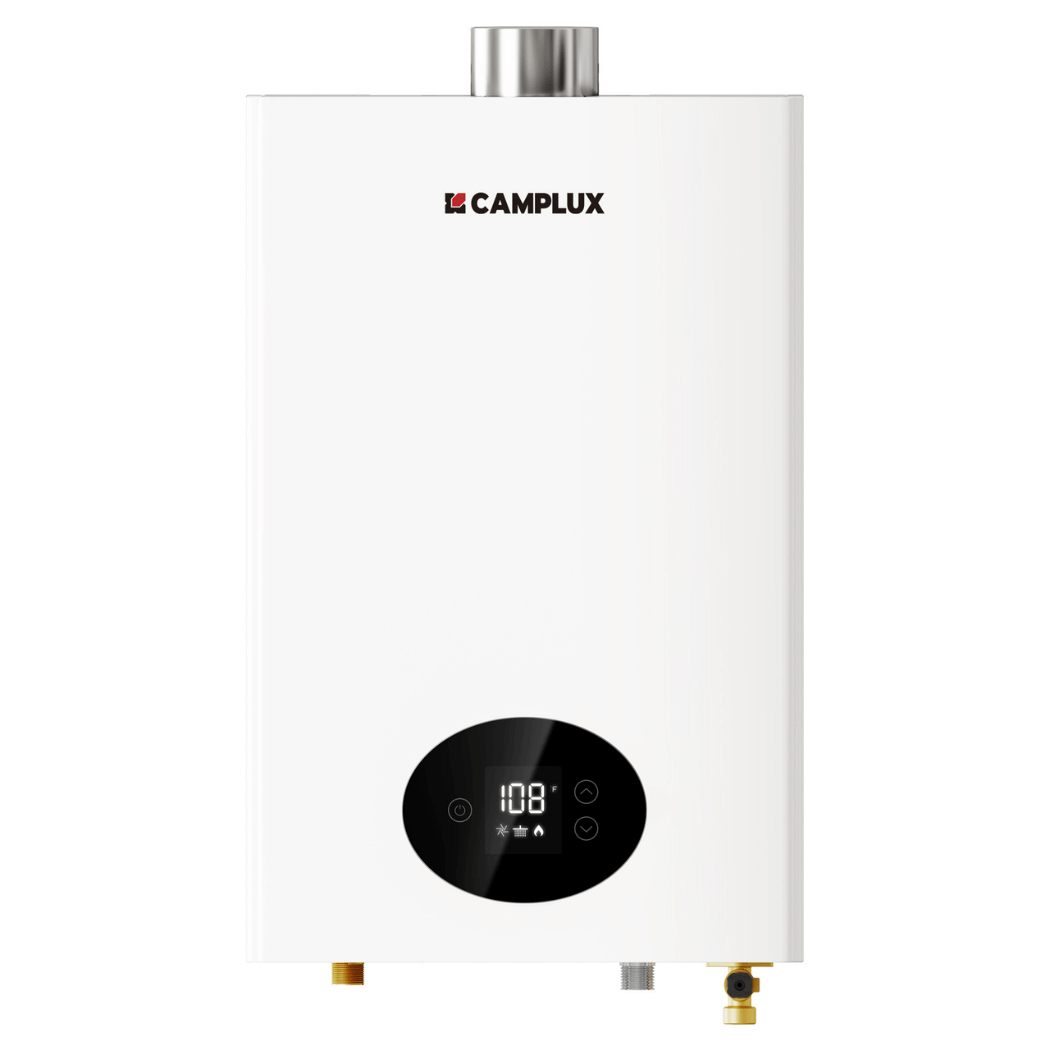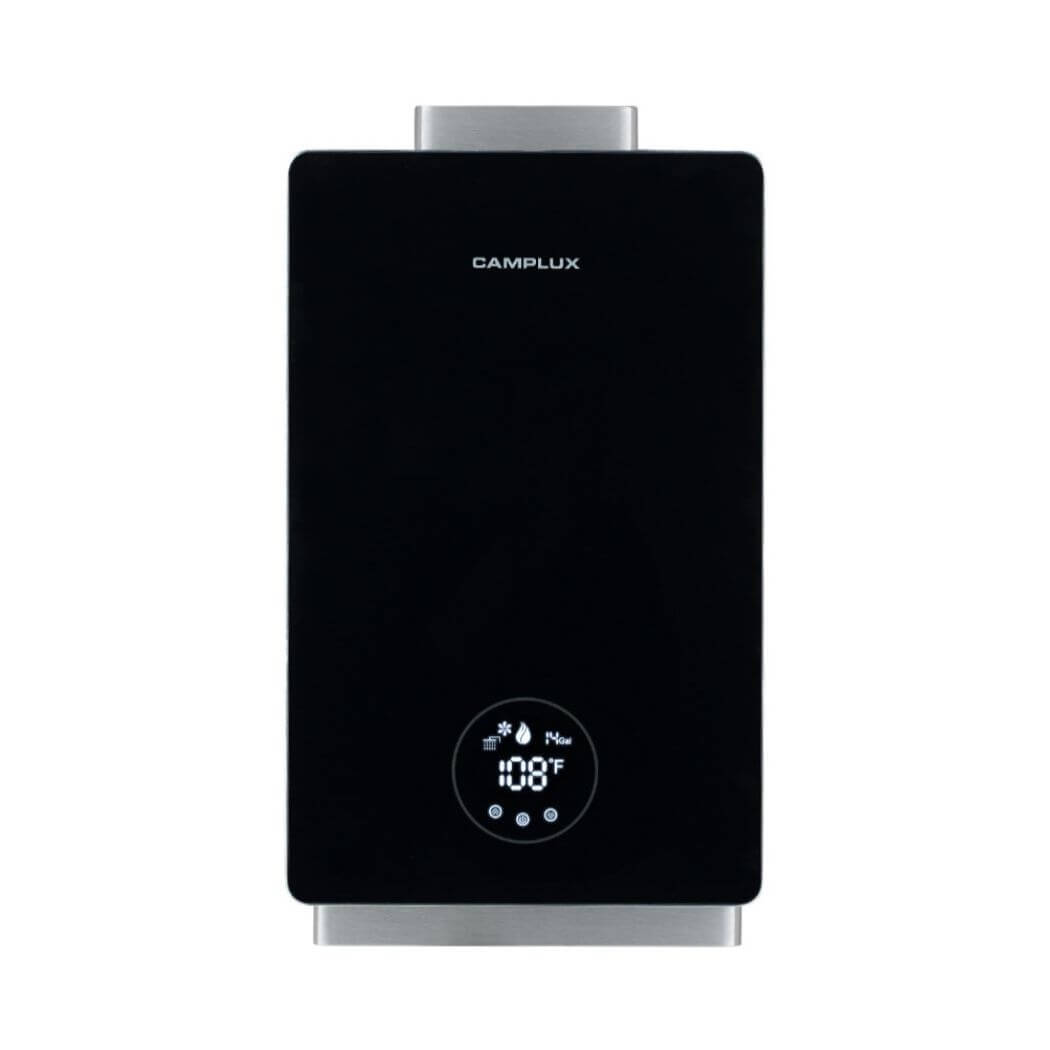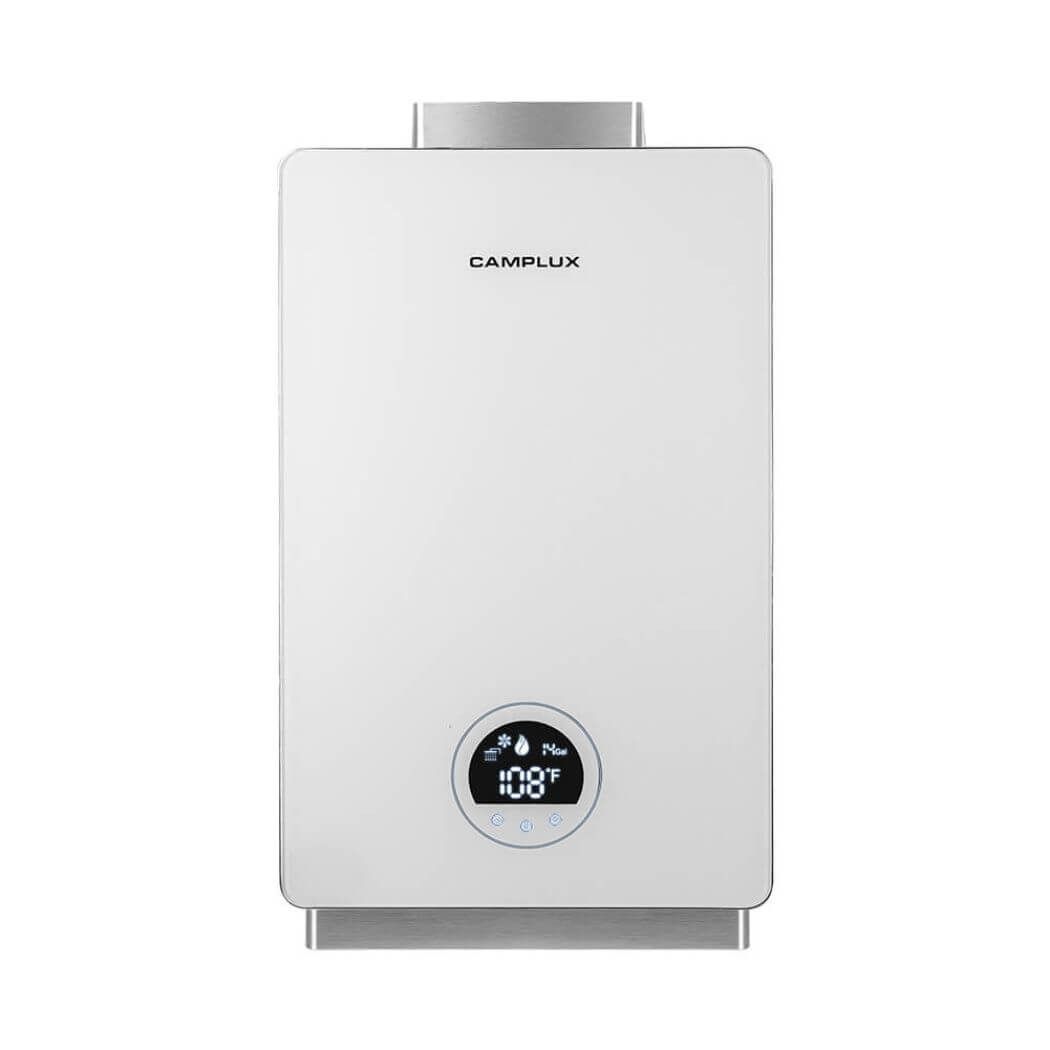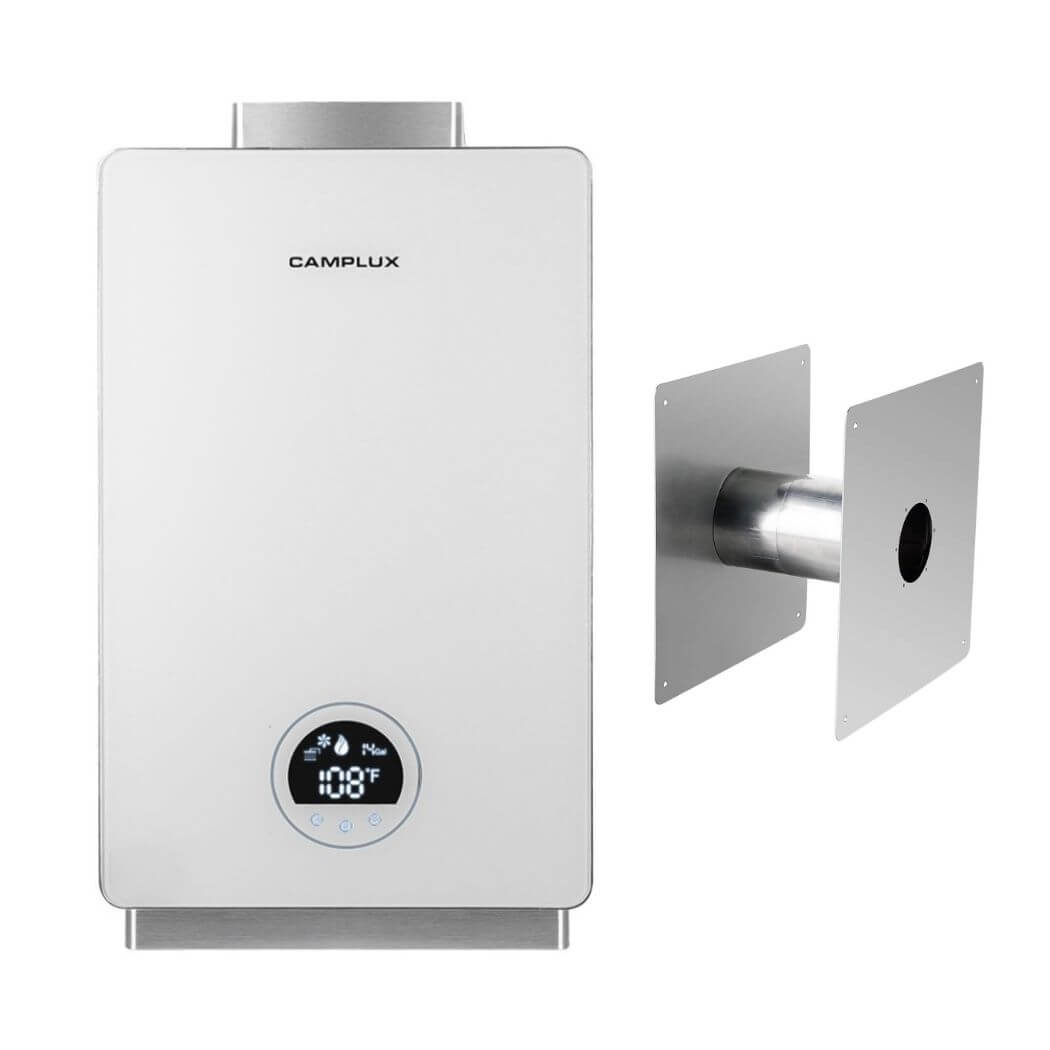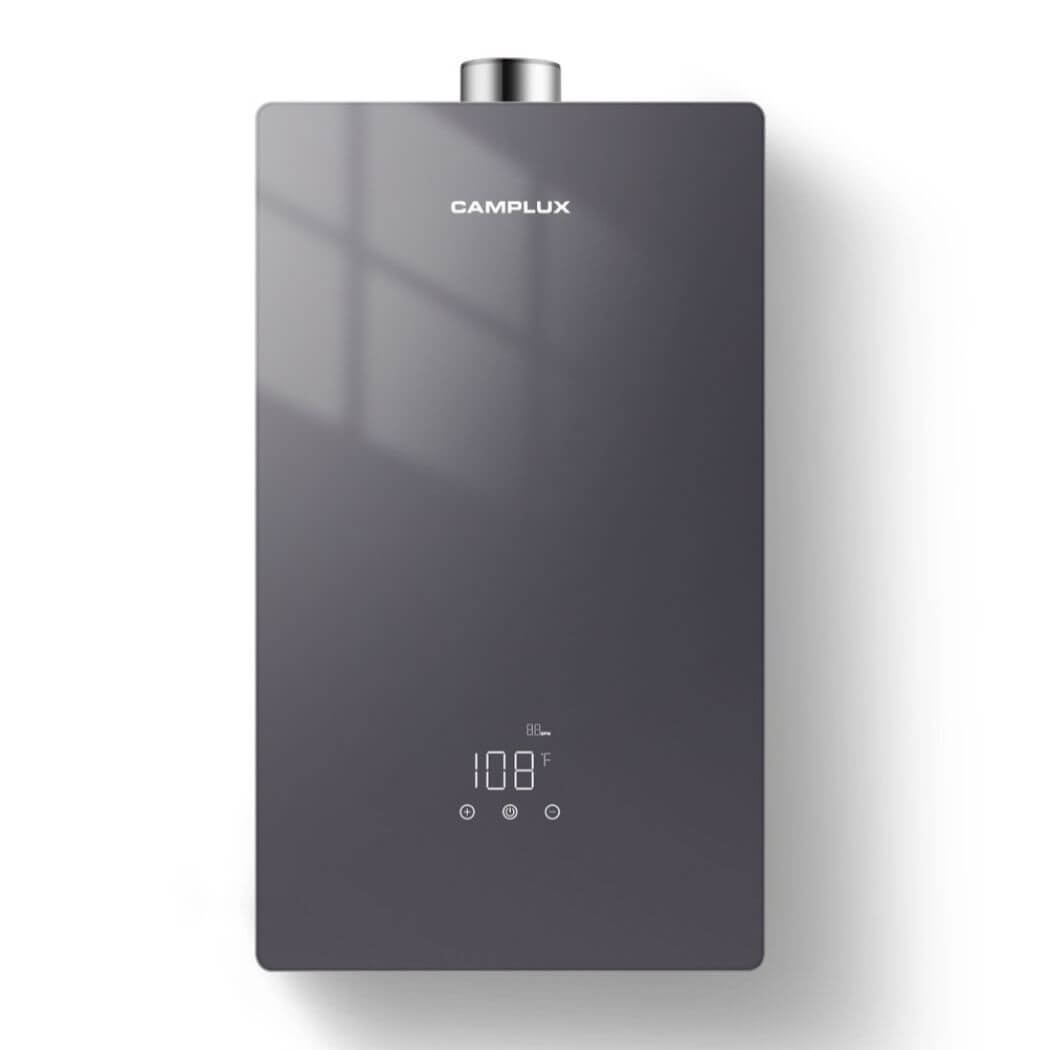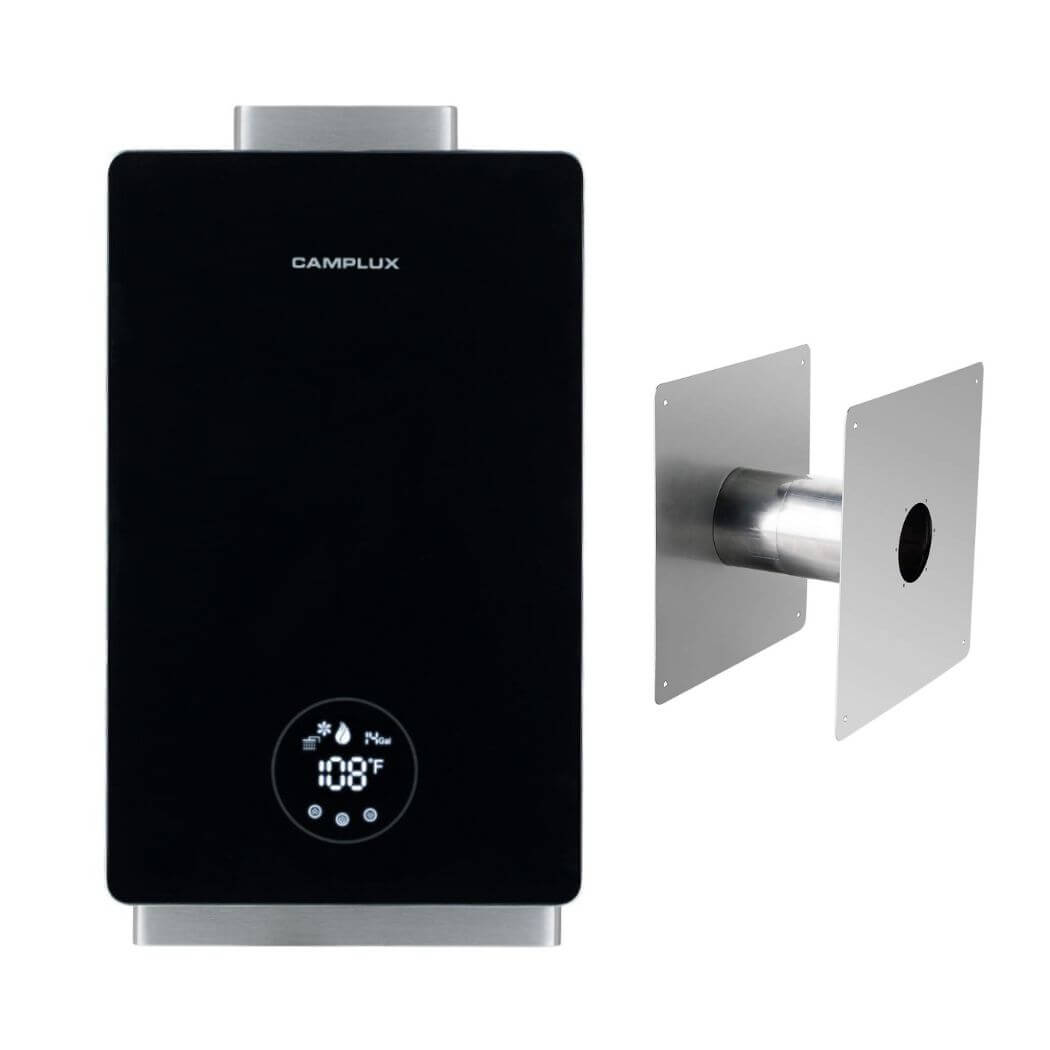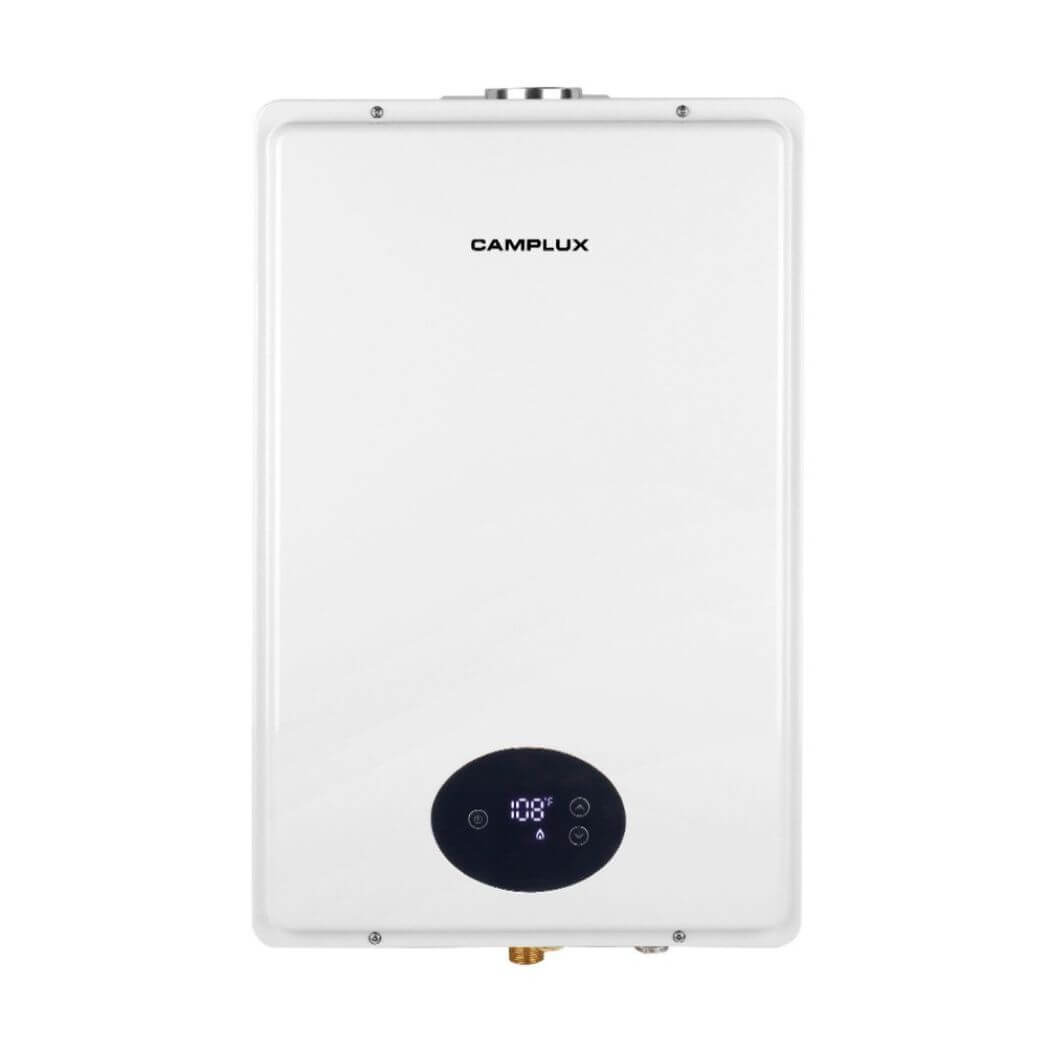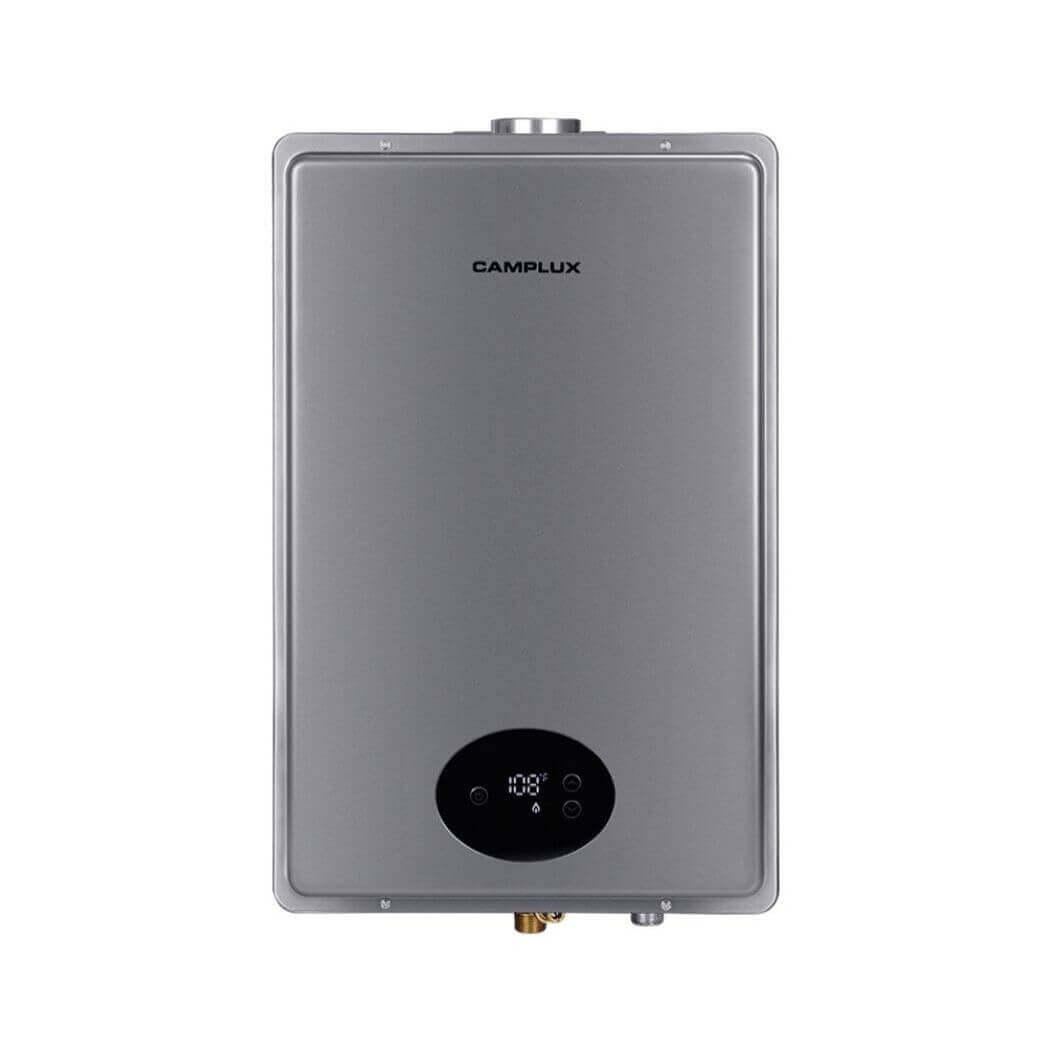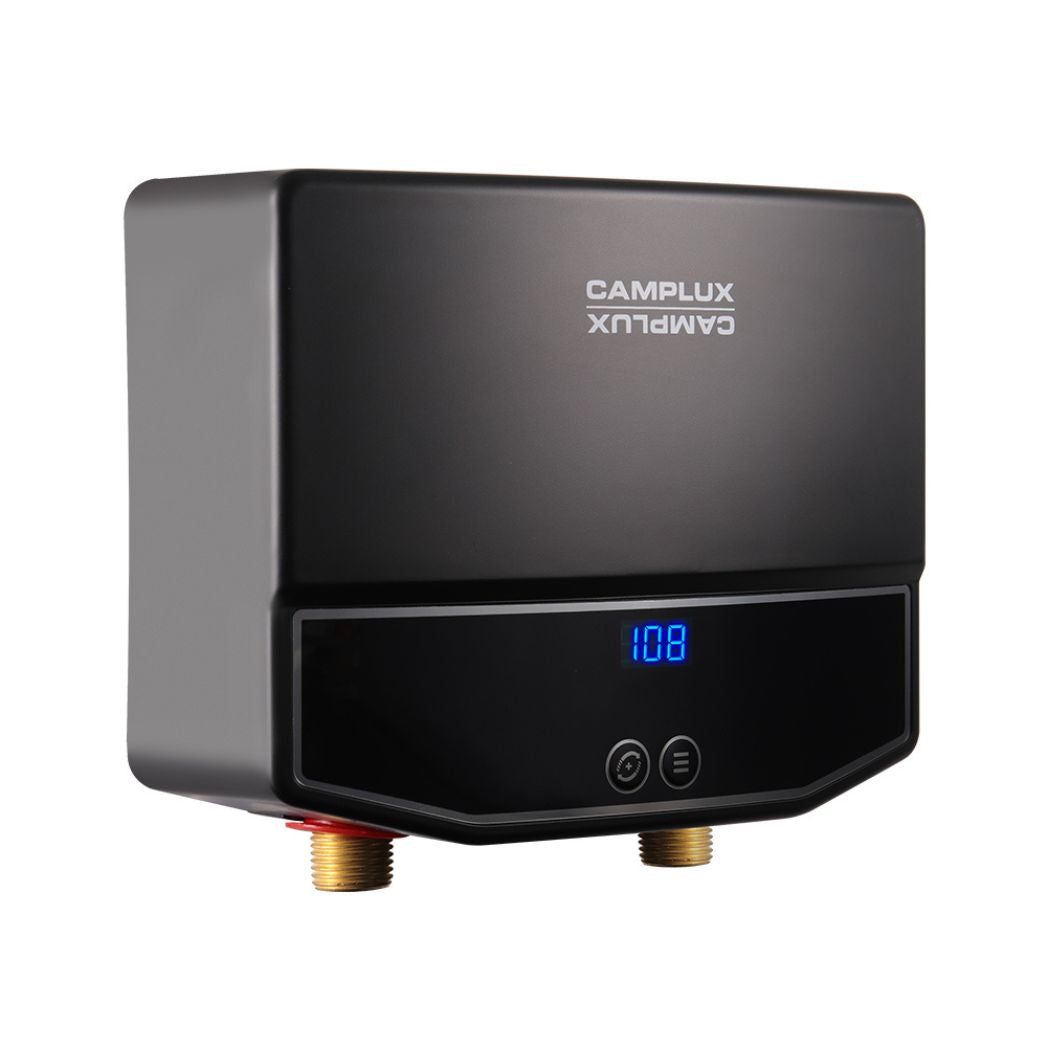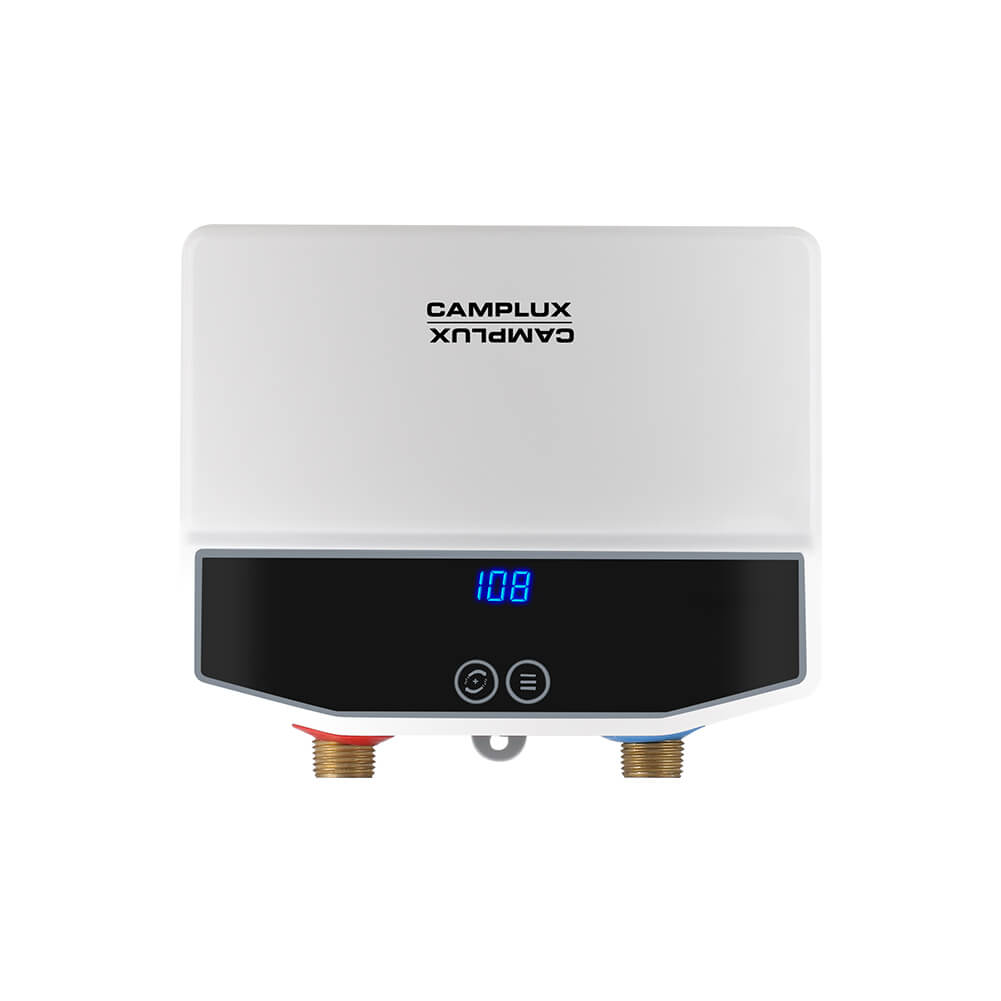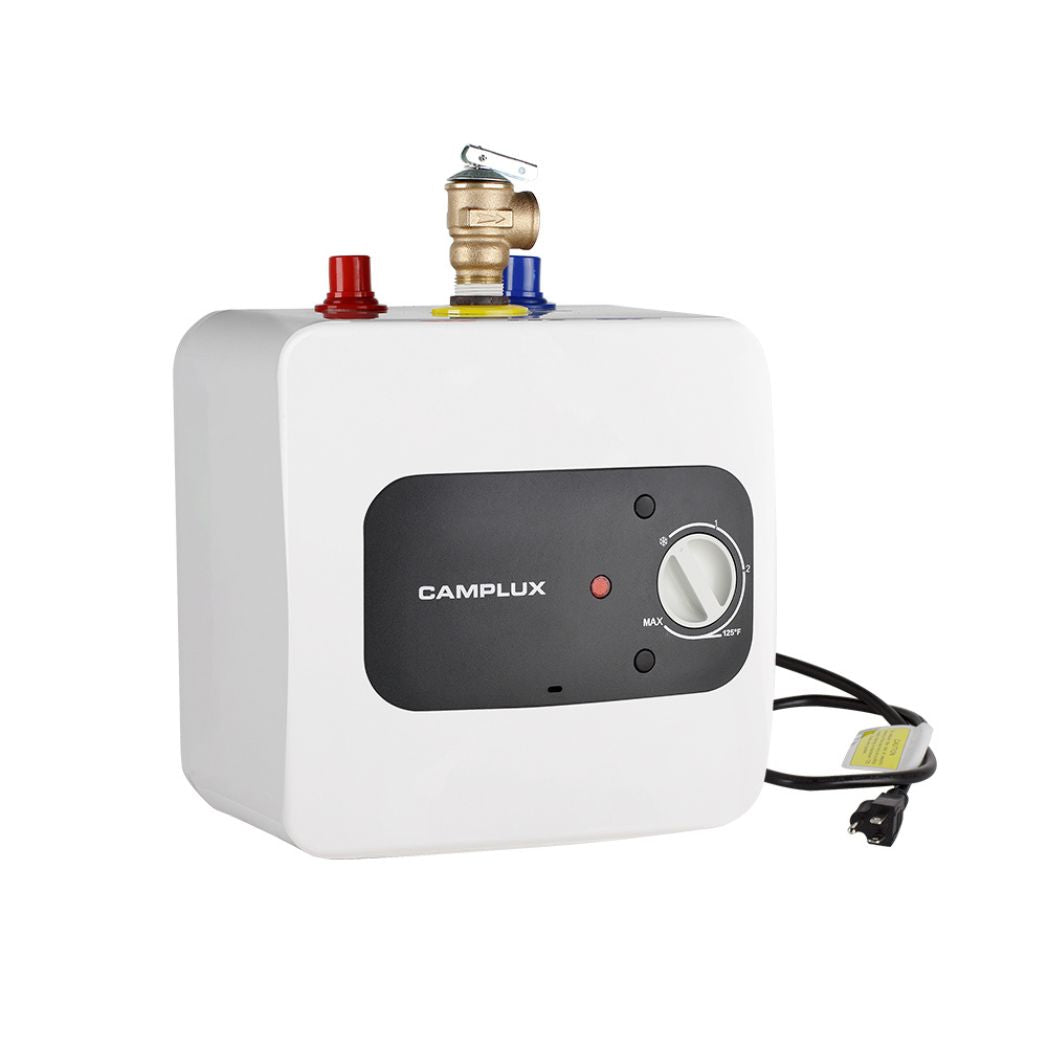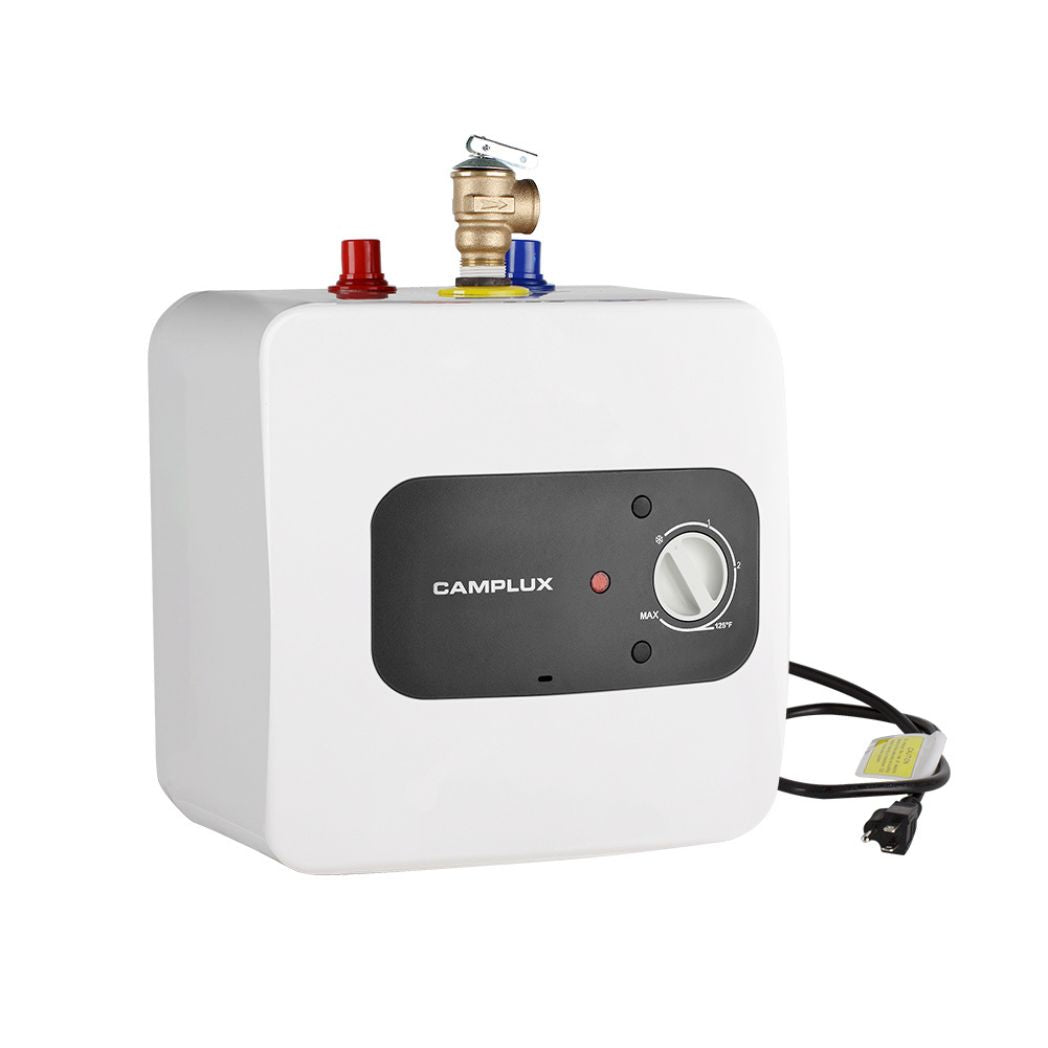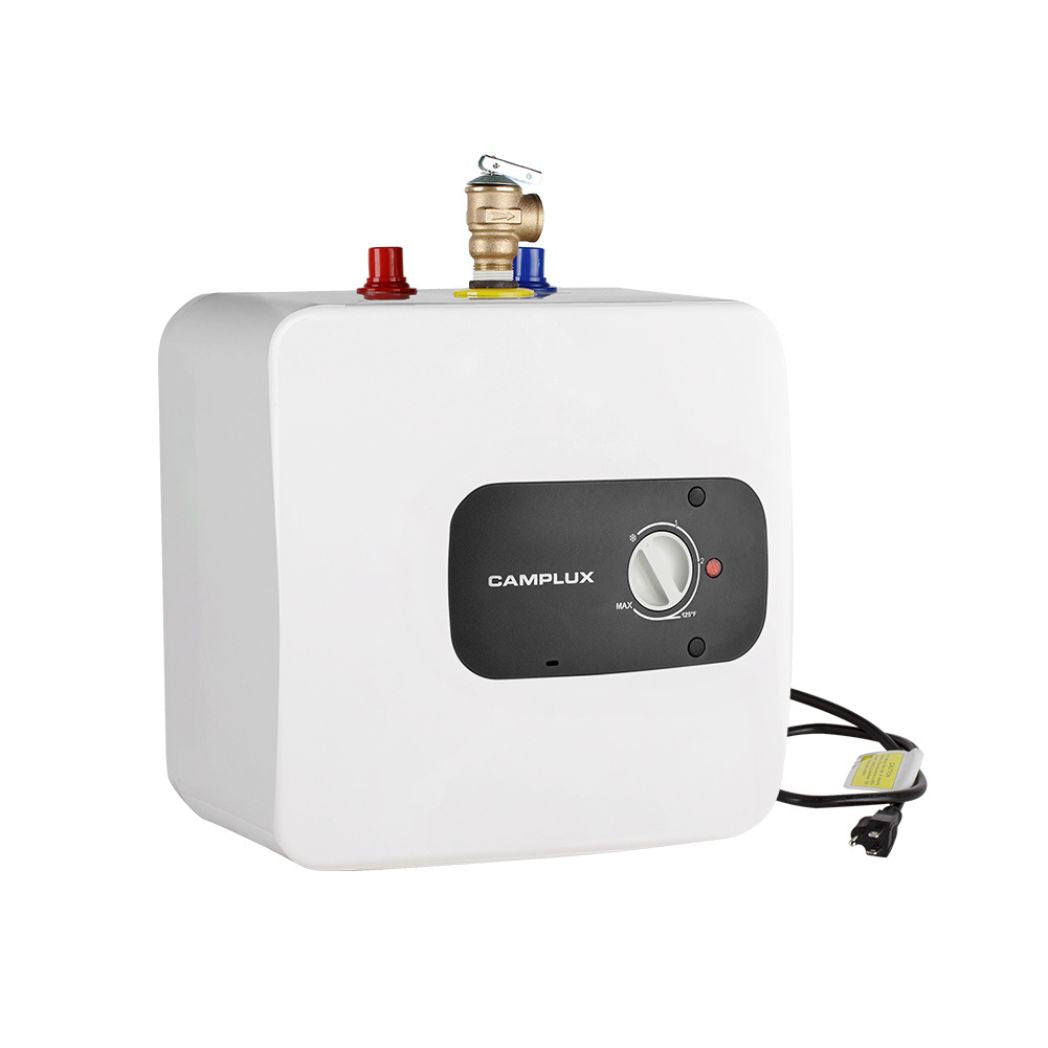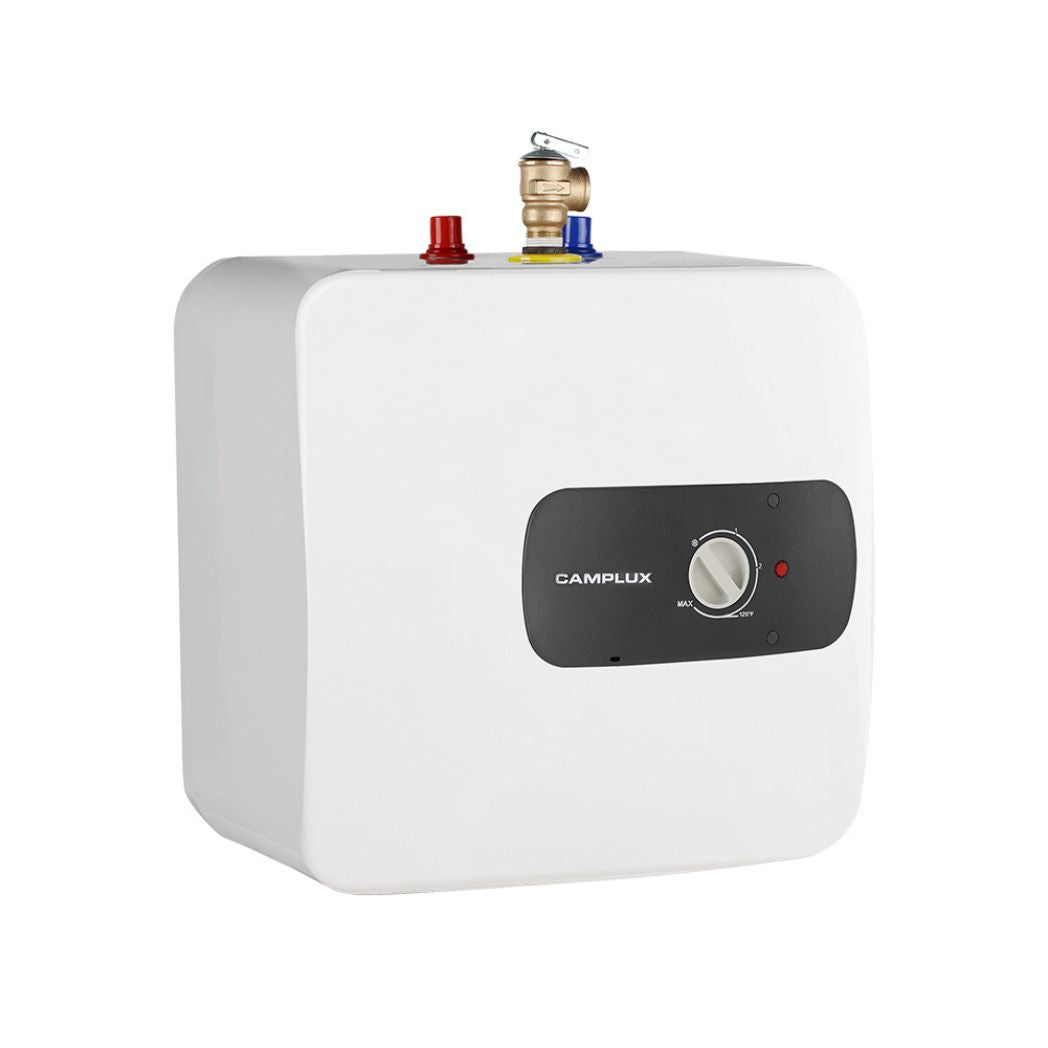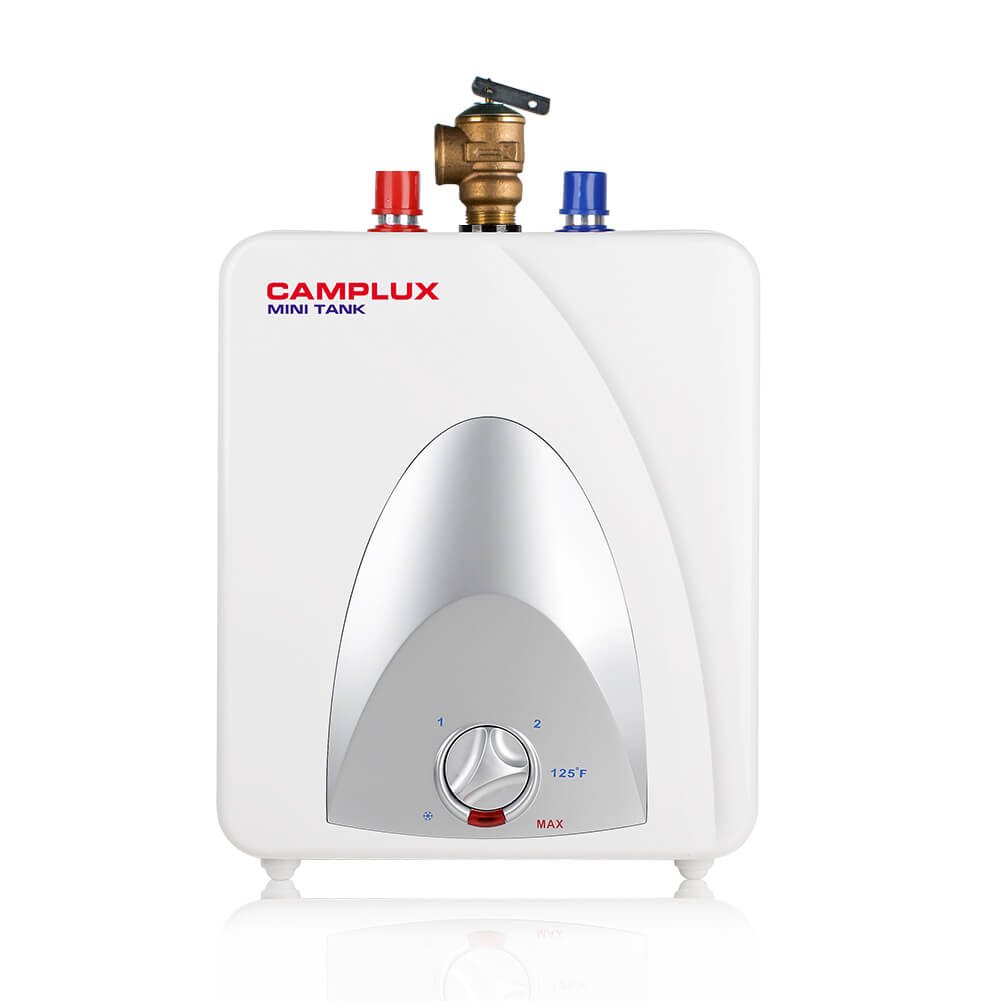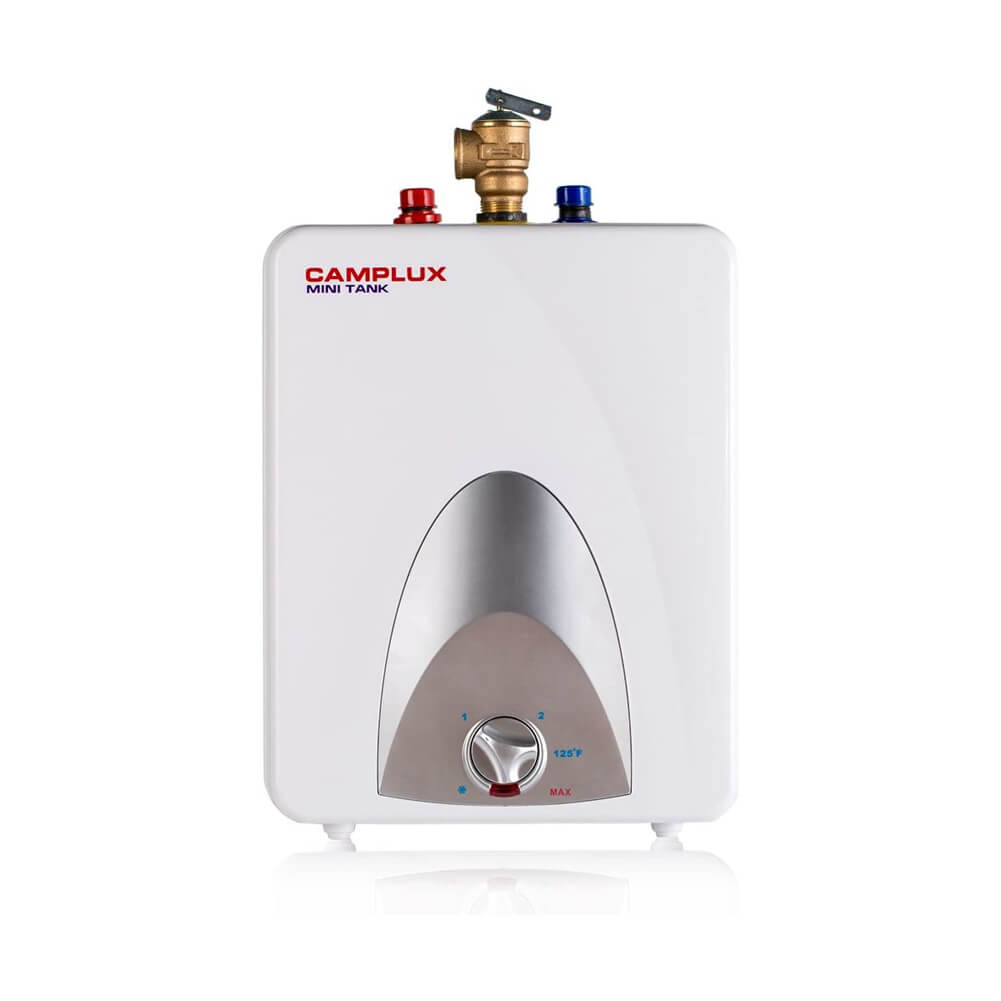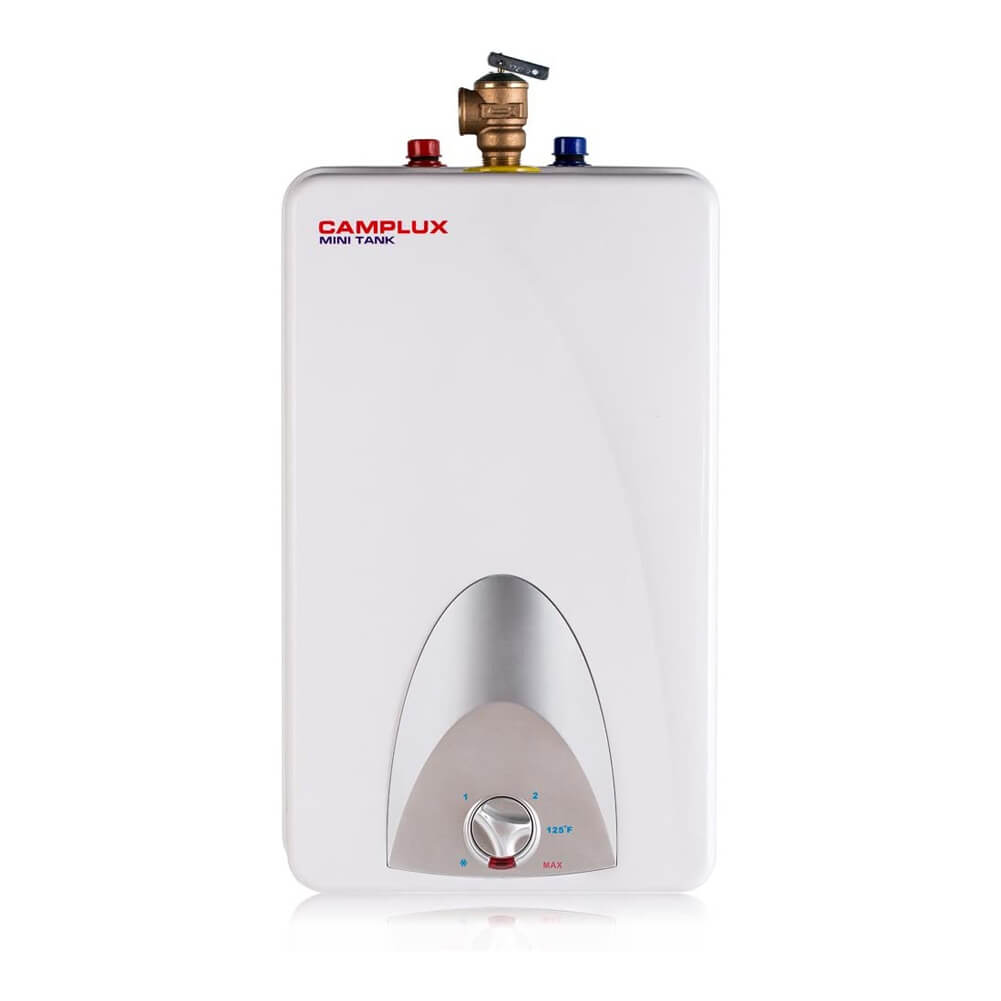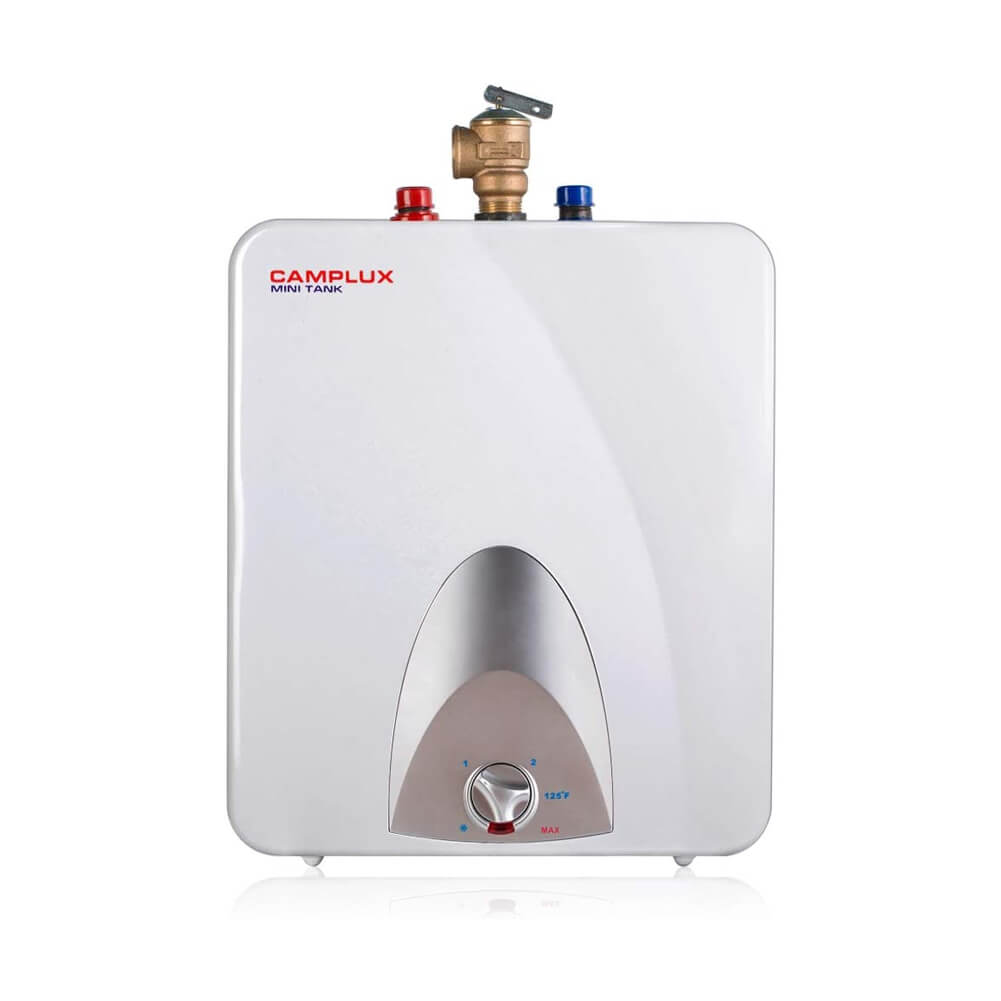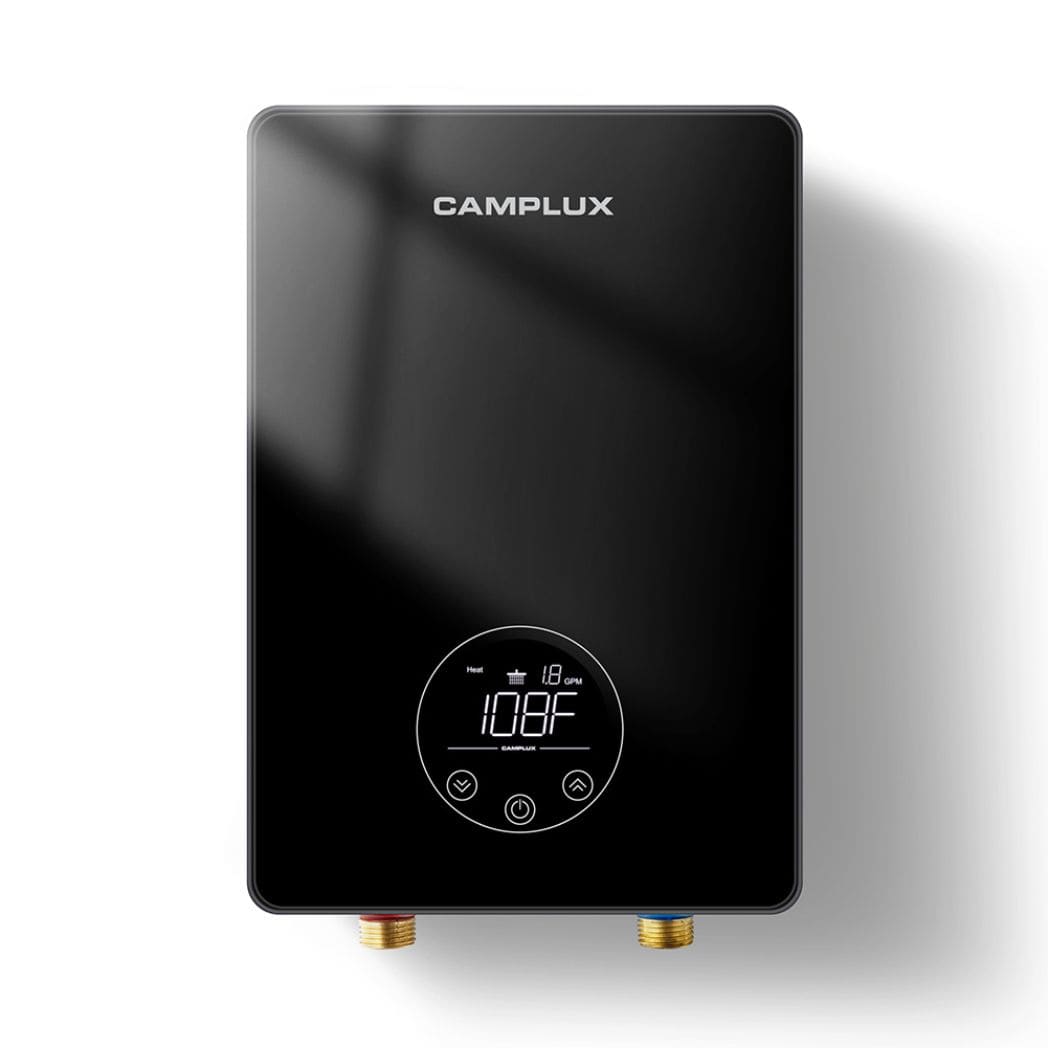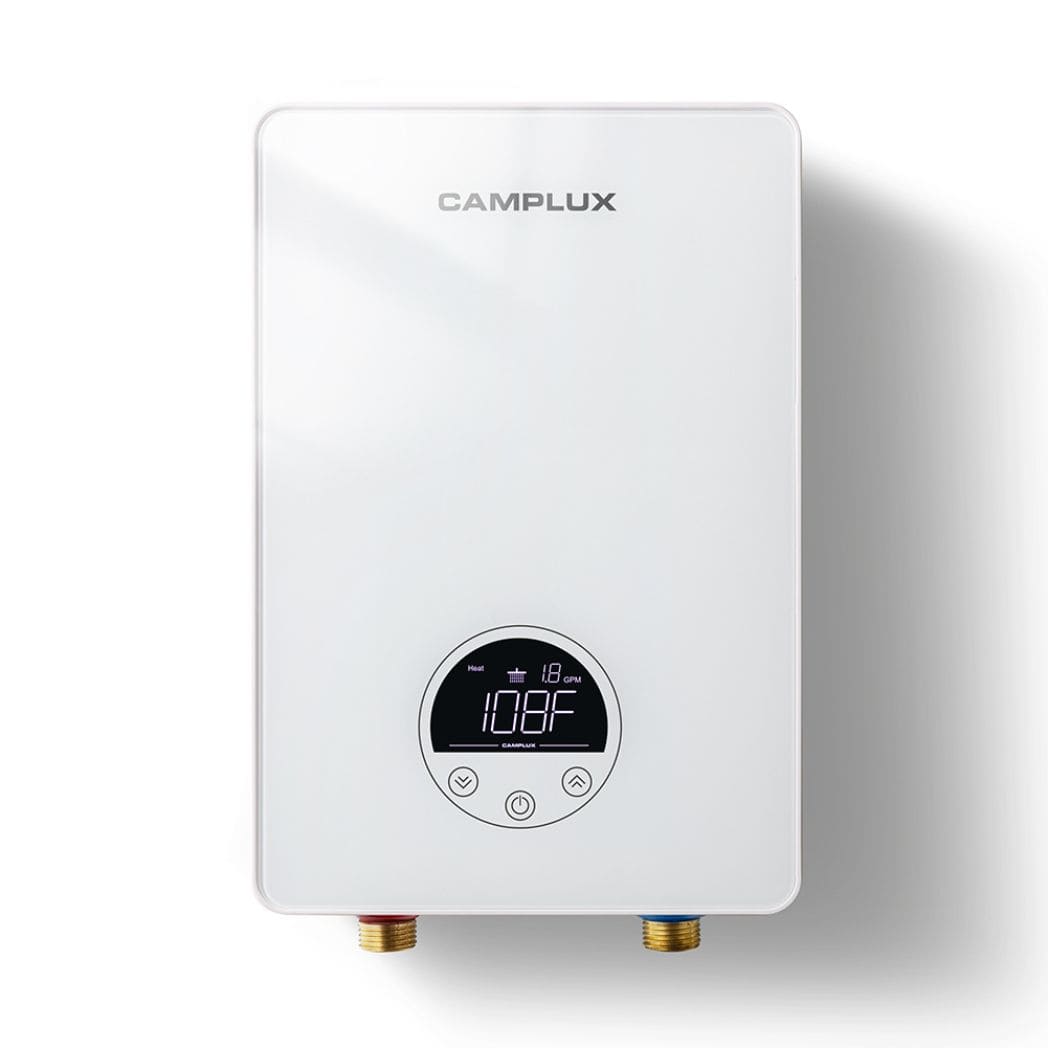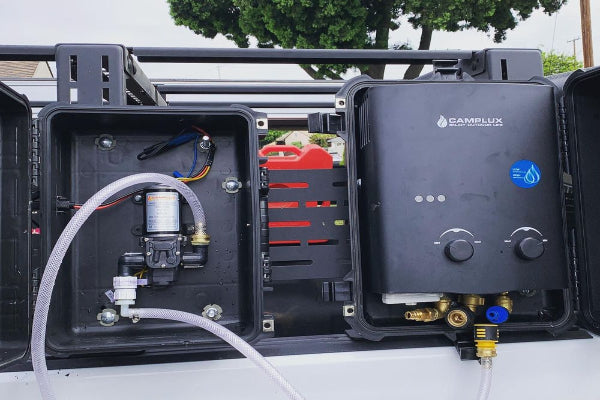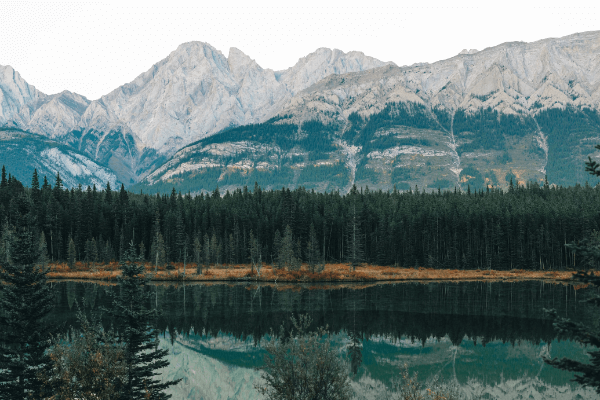Portable water heaters are a convenient and efficient way to have hot water on the go. Whether you're camping, traveling, or simply need hot water in a remote location, a portable water heater can be a lifesaver. However, it's important to prioritize safety when using these devices. In this article, we will discuss some essential safety tips for using a portable water heater to ensure that you can enjoy hot water without any risks or accidents.
Key Takeaways
- Proper ventilation is crucial to prevent carbon monoxide poisoning.
- Avoid placing the water heater near water sources or in humid conditions.
- Regularly inspect the heater for any damage and have it repaired by a professional if needed.
- Keep children and pets away from the water heater to avoid burns or accidents.
- Follow the manufacturer's instructions for safe installation, usage, and maintenance.
Understanding Portable Water Heaters
Types of Portable Water Heaters
Portable water heaters are compact devices that produce hot water on-demand. They can be easily moved and require minimal setup. They are powered by propane and are ideal for camping trips.
Safety Precautions
Proper Ventilation
Adequate ventilation is crucial when using a portable water heater to prevent the risk of suffocation, especially in poorly ventilated bathrooms. It is recommended to have a professional install the heater to ensure proper wiring and reduce the risk of issues. Additionally, positioning the heater power outlet high on the wall can help avoid water damage during showering. Remember to never leave the heater unattended for extended periods or run it overnight. Installing an exhaust fan in the bathroom can also prevent the buildup of carbon monoxide, ensuring the gas released during bathing dissipates and does not pose a health risk.
When purchasing a portable water heater, it is important to verify the ISI mark for security assurance. Reliability is crucial, as inexpensive options may have risks such as overheating, potential explosions, or gas leaks. Proper ventilation is equally important in poorly ventilated bathrooms. It is recommended to store the water heater in a well-ventilated area, such as a crawlspace or shed, to prevent the buildup of lethal levels of carbon monoxide. Opening doors or windows alone may not provide enough ventilation. Remember to operate portable generators outside, at least 20 feet away from the house, and direct the exhaust away from any buildings. Do not operate a generator on an outside porch or in a carport, as they are too close to the home. Make sure to properly maintain the generator and follow all safety instructions and labels.
Avoiding Carbon Monoxide Poisoning
Carbon monoxide (CO) poisoning is a serious risk when using portable water heaters. To ensure your safety, it is important to take the following precautions:
- Make sure you have a battery-operated carbon monoxide detector and check regularly that it works properly.
- Use your fuel-burning appliances, including the water heater, in well-ventilated areas to prevent the buildup of CO gas.
- Clear snow away from the outside vents for fuel-burning appliances, such as furnaces, to avoid CO buildup in the house.
- Install battery-operated CO alarms or CO alarms with battery backup on each level and outside separate sleeping areas at home. Interconnected CO alarms are best; when one sounds, they all sound.
- Test CO and smoke alarms monthly to ensure they are working properly, and replace batteries if needed.
- Never ignore an alarm when it sounds. If the CO alarm goes off, get outside immediately and call 911.
Remember, taking these precautions can help protect you and your family from the dangers of carbon monoxide poisoning.
Preventing Burns and Scalds
When using a portable water heater, it is important to take precautions to prevent burns and scalds. Here are some tips to keep in mind:
- Always test the water temperature before getting in the shower or bath. Use your hand or a thermometer to ensure the water is not too hot.
- Keep a safe distance from the heater while it is in use to avoid accidental contact and burns.
- Avoid placing flammable items near the heater, such as clothes, curtains, or papers, as they can easily catch fire.
- Place the heater on a stable and level surface to prevent it from tipping over.
- Never leave the heater unattended, especially in a confined space, to reduce the risk of overheating.
Remember, safety should always be a top priority when using a portable water heater.
Installation and Usage Guidelines
Choosing a Suitable Location
When installing a portable water heater, it is important to choose a suitable location . The location should be well-ventilated to prevent the risk of suffocation, especially in poorly ventilated bathrooms. Additionally, it is recommended to have a professional install the heater to ensure proper wiring and reduce the risk of issues. The power outlet for the heater should be positioned high on the wall to avoid water damage during showering. This not only makes it easily accessible but also helps protect the heater from potential damage. Whether it's a portable room heater or a fixed water geyser, it is crucial to never leave them unattended for extended periods or run them overnight.
Properly Connecting the Water Heater
When connecting a portable water heater, it is important to follow these guidelines:
- Ensure that the water heater is securely connected to the water source and that there are no leaks.
- Use the appropriate fittings and connectors to ensure a tight and secure connection.
- Check the manufacturer's instructions for the recommended water pressure and temperature settings.
- If using an electric water heater, make sure it is properly grounded to prevent electrical hazards.
Remember, proper connection of the water heater is essential for safe and efficient operation.
Operating the Water Heater Safely
When operating a portable water heater, it's important to follow these safety guidelines:
-
Turn off the heater when the water is hot : Unlike newer models, older water heaters do not have an automatic shut-off feature. Therefore, it is crucial to manually turn off the heater when the water reaches the desired temperature to avoid any issues.
-
Ensure proper ventilation : Install an exhaust fan in your bathroom to prevent the buildup of carbon monoxide. This will ensure that the gas released during showers using the water heater is properly ventilated.
-
Avoid using the heater in humid conditions : Water can damage the heater and increase the risk of fire or electrocution. It is important to avoid using the heater in humid conditions.
-
Keep a safe distance : Maintain at least three feet of empty space around the heater, including walls, furniture, curtains, and bedding. This will help prevent any potential fire hazards.
-
Never leave the heater unattended : Always remember to turn off the heater when you leave the room or go to sleep. Leaving a space heater running unattended can be a fire hazard.
-
Plug directly into an outlet : Avoid using extension cords or power strips with space heaters. It is recommended to plug the heater directly into a wall outlet to ensure safe usage.
Maintenance and Care
Regular Cleaning and Descaling
Regular cleaning and descaling of your portable water heater is essential to maintain its performance and prolong its lifespan. Over time, mineral deposits and sediment can build up inside the heater, affecting its efficiency and potentially causing damage. To clean your water heater, follow these steps:
- Turn off the power and disconnect the water supply.
- Drain the water from the heater.
- Remove any detachable parts and clean them separately.
- Use a descaling solution or a mixture of vinegar and water to remove mineral deposits.
- Scrub the interior of the heater with a soft brush.
- Rinse all parts thoroughly and reassemble the heater.
Regular cleaning and descaling will ensure that your portable water heater continues to provide safe and reliable hot water.
Inspecting and Replacing Parts
When it comes to maintaining your portable water heater, regular inspection and replacement of parts is crucial. Here are some important tips to keep in mind:
- Regularly inspect the heater for any damage , such as frayed wires or cracked plugs. If you notice any issues, stop using the heater immediately and have it repaired by a professional.
- Use with caution around children and pets . Keep them away from the space heater to avoid burns or accidents. Consider using a heater with a tip-over switch, which automatically shuts off the heater if it is knocked over.
- Install smoke detectors in the area where the water heater is used to ensure early detection of any potential fire hazards.
Remember, proper maintenance and care of your portable water heater will help ensure its safe and efficient operation.
Storing the Water Heater Properly
When it comes to storing your portable water heater, there are a few important considerations to keep in mind:
- Make sure the heater is completely cooled down before storing it.
- Clean the heater thoroughly to remove any dirt or debris.
- Store the heater in a dry and well-ventilated area to prevent moisture buildup.
- Avoid storing the heater near flammable materials or in areas with high temperatures.
Remember, proper storage of your water heater will help prolong its lifespan and ensure safe usage when you need it again.
Conclusion
In conclusion, it is essential to follow safety tips when using a portable water heater to prevent accidents and ensure the well-being of yourself and others. Safety should always be the top priority when using any electrical appliance. Remember to keep the heater away from water sources and humid conditions to avoid damage and the risk of fire or electrocution. Regularly inspect the heater for any damage and have it repaired by a professional if needed. Use caution around children and pets, and consider using a heater with a tip-over switch for added safety. Additionally, install smoke detectors in your home and follow the manufacturer's instructions for safe usage. By following these tips, you can enjoy the convenience of a portable water heater while keeping everyone safe.
Frequently Asked Questions
Can I use a portable water heater in humid conditions?
No, it is not recommended to use a portable water heater in humid conditions as water can damage the heater and the electrical components, increasing the risk of fire or electrocution.
What should I do if I notice any damage to the portable water heater?
If you notice any damage, such as frayed wires or cracked plugs, stop using the heater immediately and have it repaired by a professional.
Is it safe to use a portable water heater around children and pets?
It is not recommended to use a portable water heater around children and pets to avoid burns or accidents. Consider using a heater with a tip-over switch for added safety.
Should I install smoke detectors when using a portable water heater?
Yes, it is important to have smoke detectors installed in your home, especially near the area where the portable water heater is being used. Test the smoke detectors regularly to ensure they are working properly.
What are some important installation guidelines for a portable water heater?
Choose a suitable location, properly connect the water heater, and operate it safely according to the manufacturer's instructions.
How should I maintain and care for a portable water heater?
Regularly clean and descale the water heater, inspect and replace any damaged parts, and store the water heater properly when not in use.
